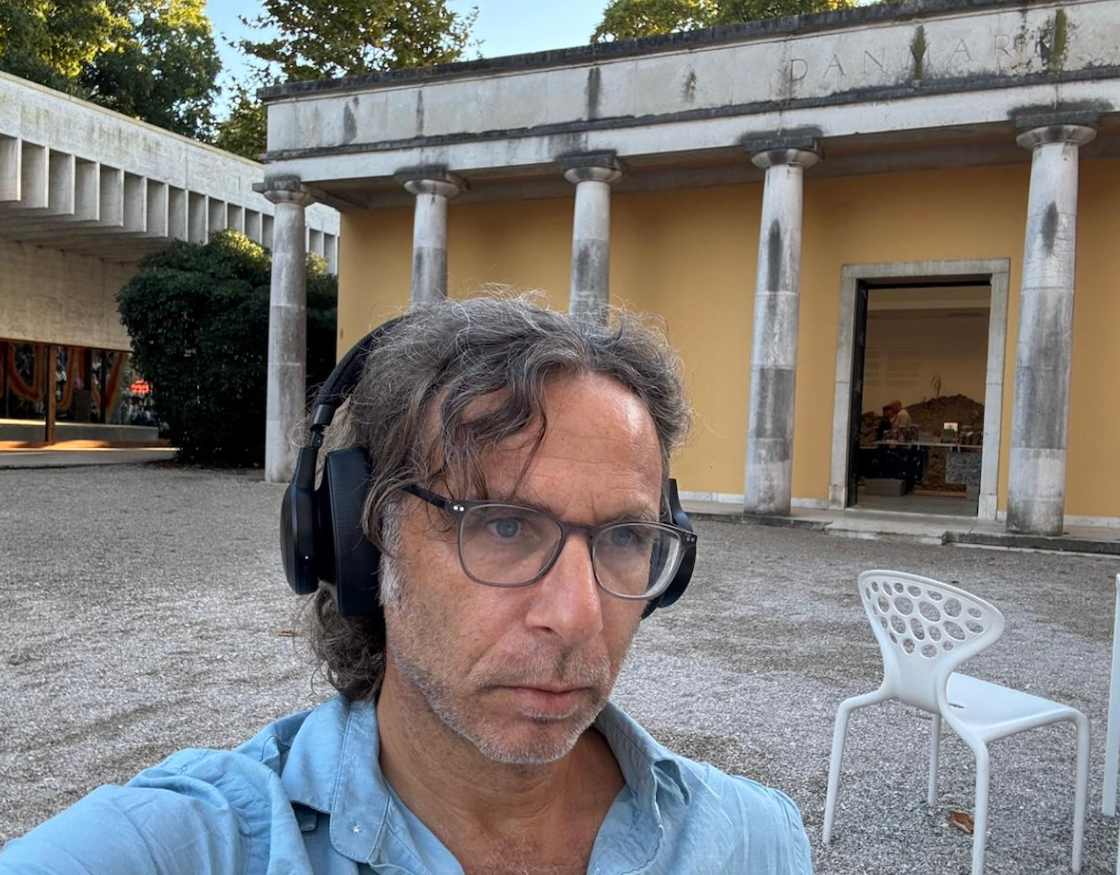
Yiddishland Sukkah-Pavilion (audio guide)

From an Art Object to a Ritual Diasporic Venue
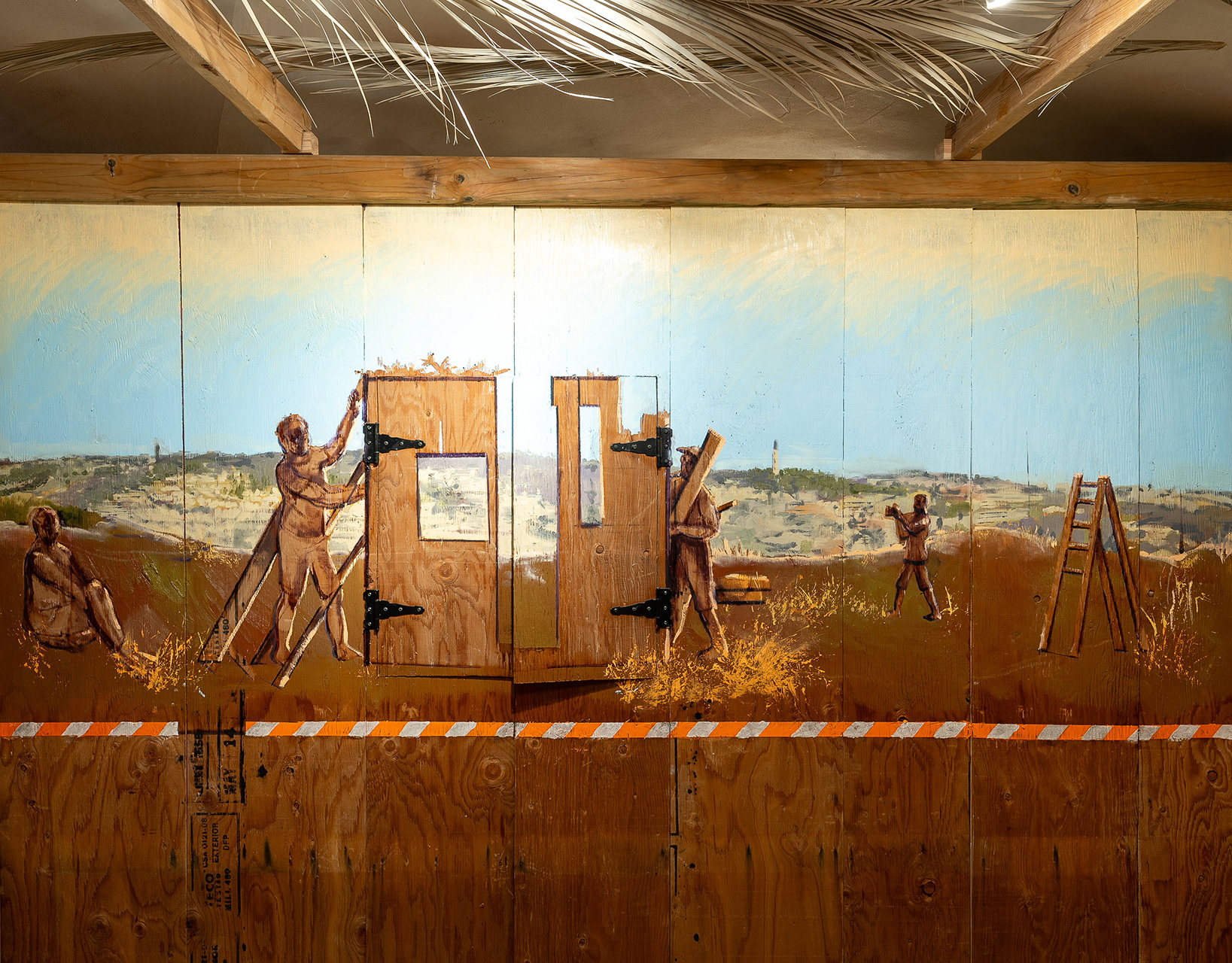
24 Hours Before
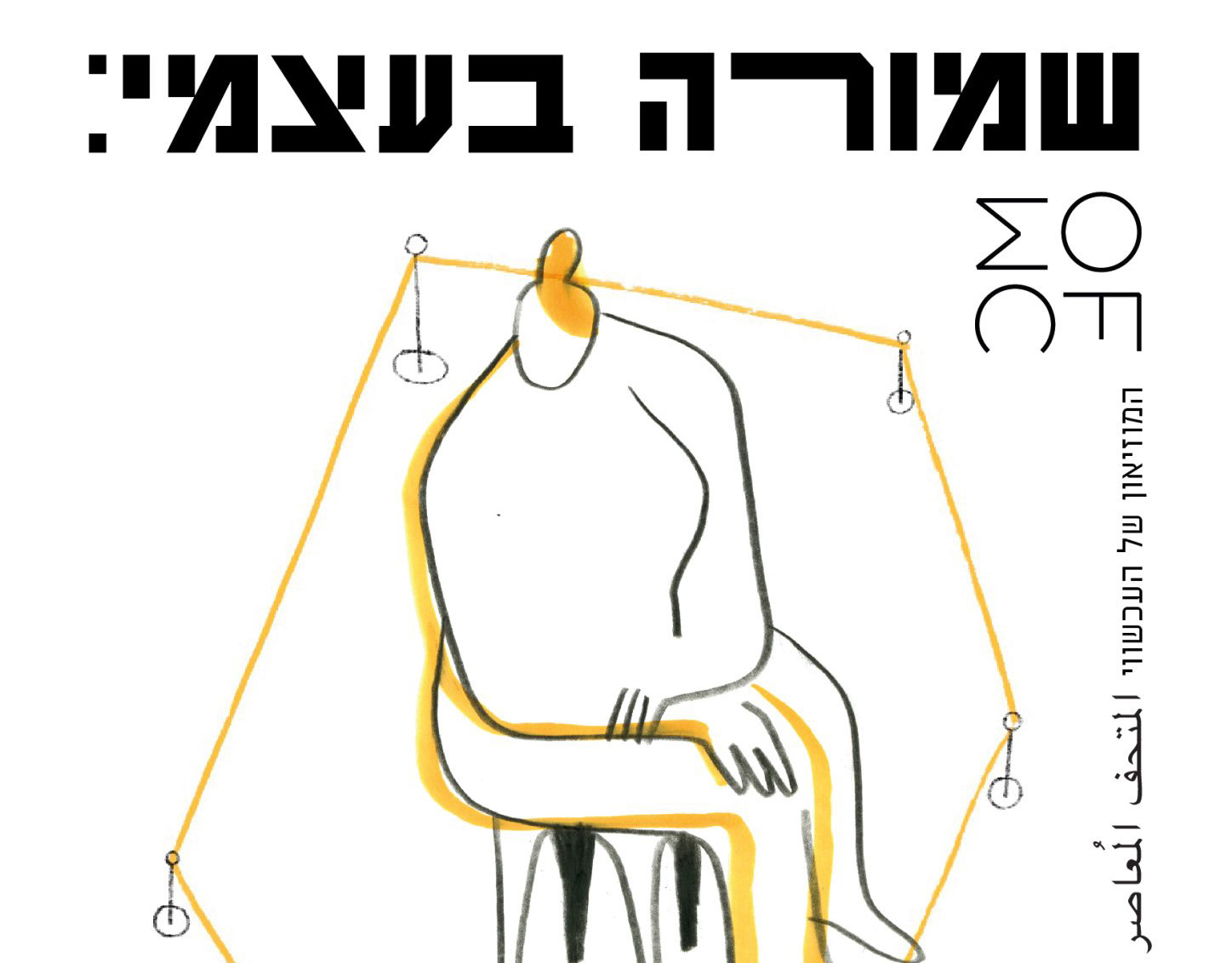
PRESERVED BY MYSELF: WAR PROTOCOL
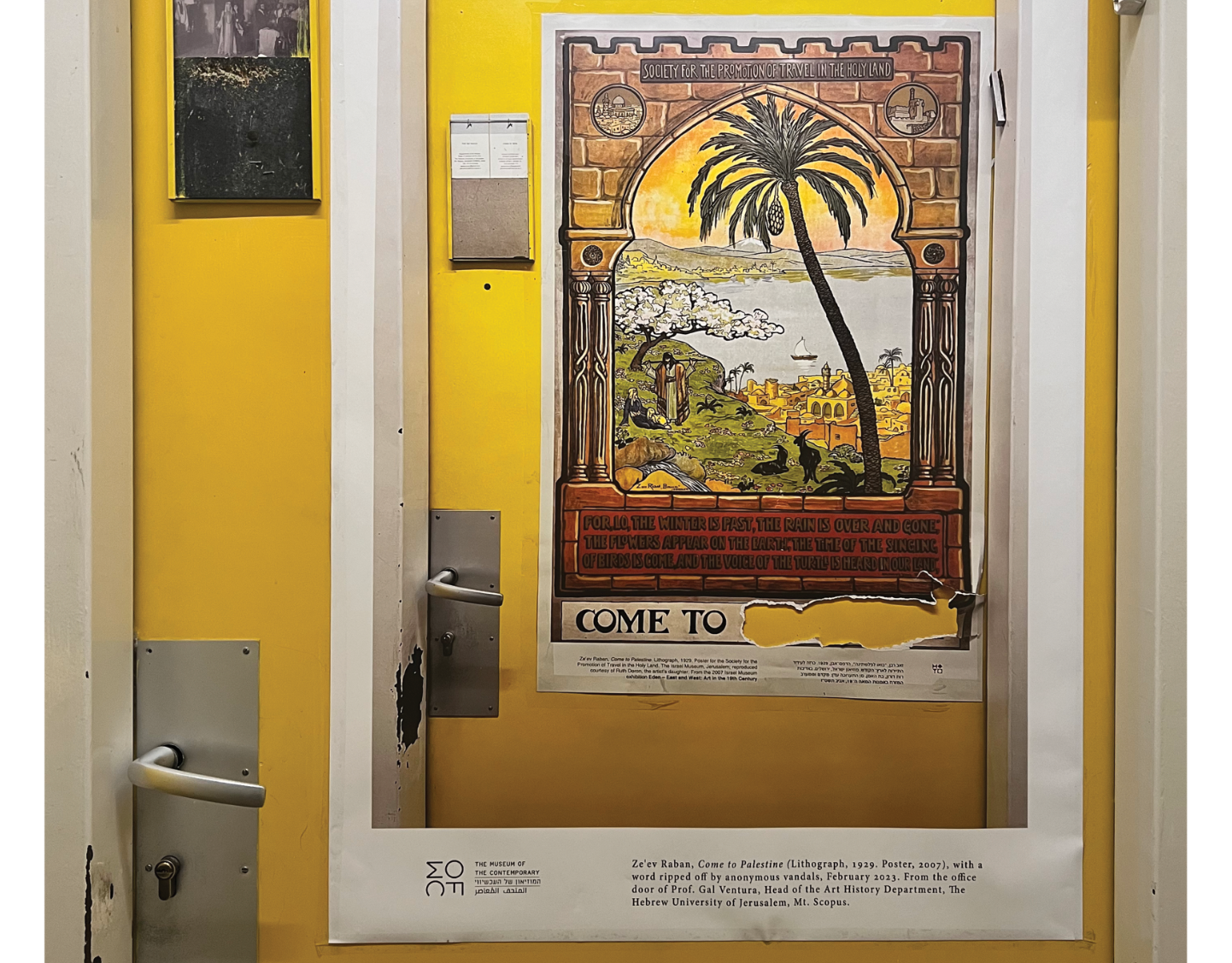
קריעת שמה | Tearing up her name
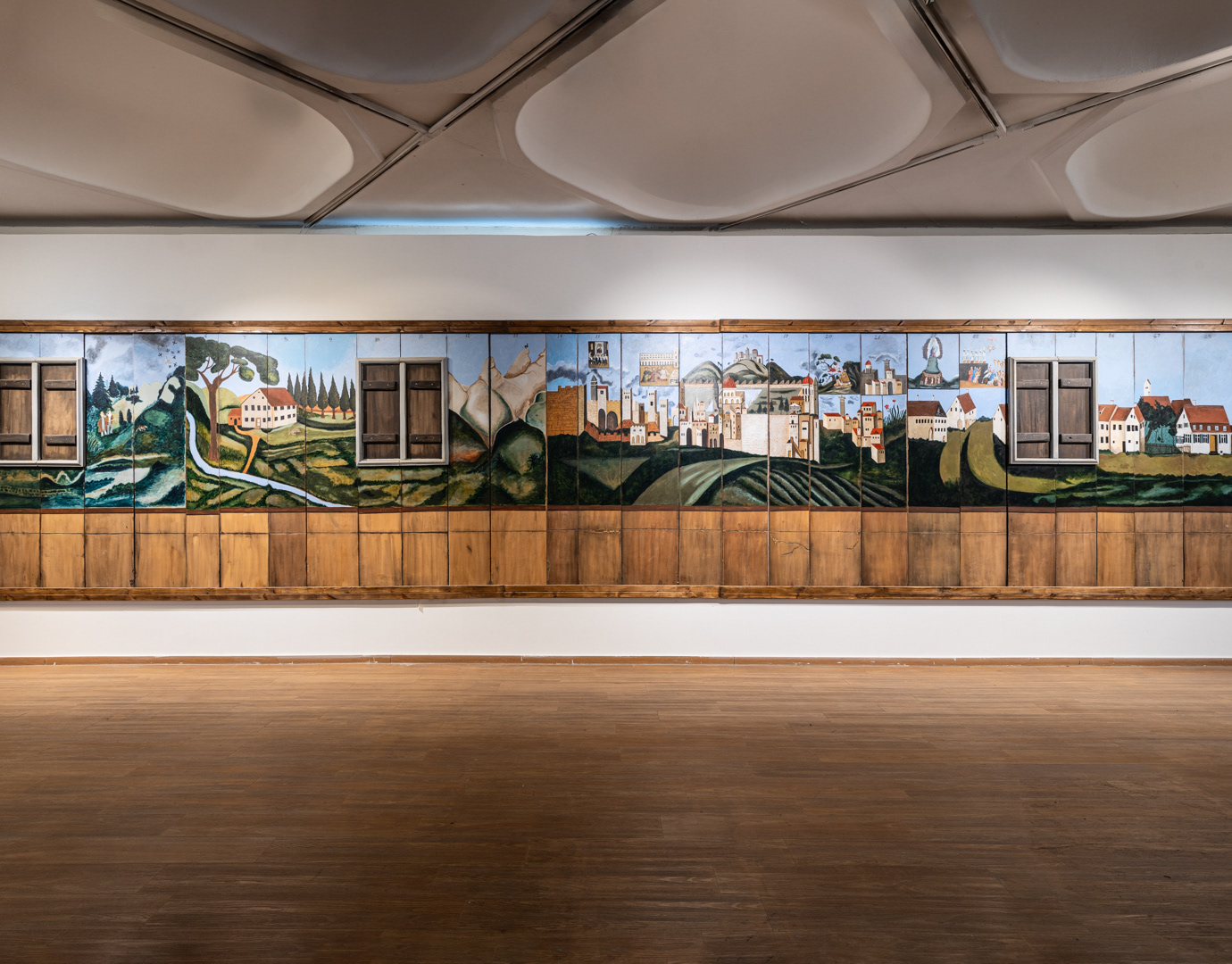
Biography of a Double

Dzigan and Shumacher's Escape (1949-2022)
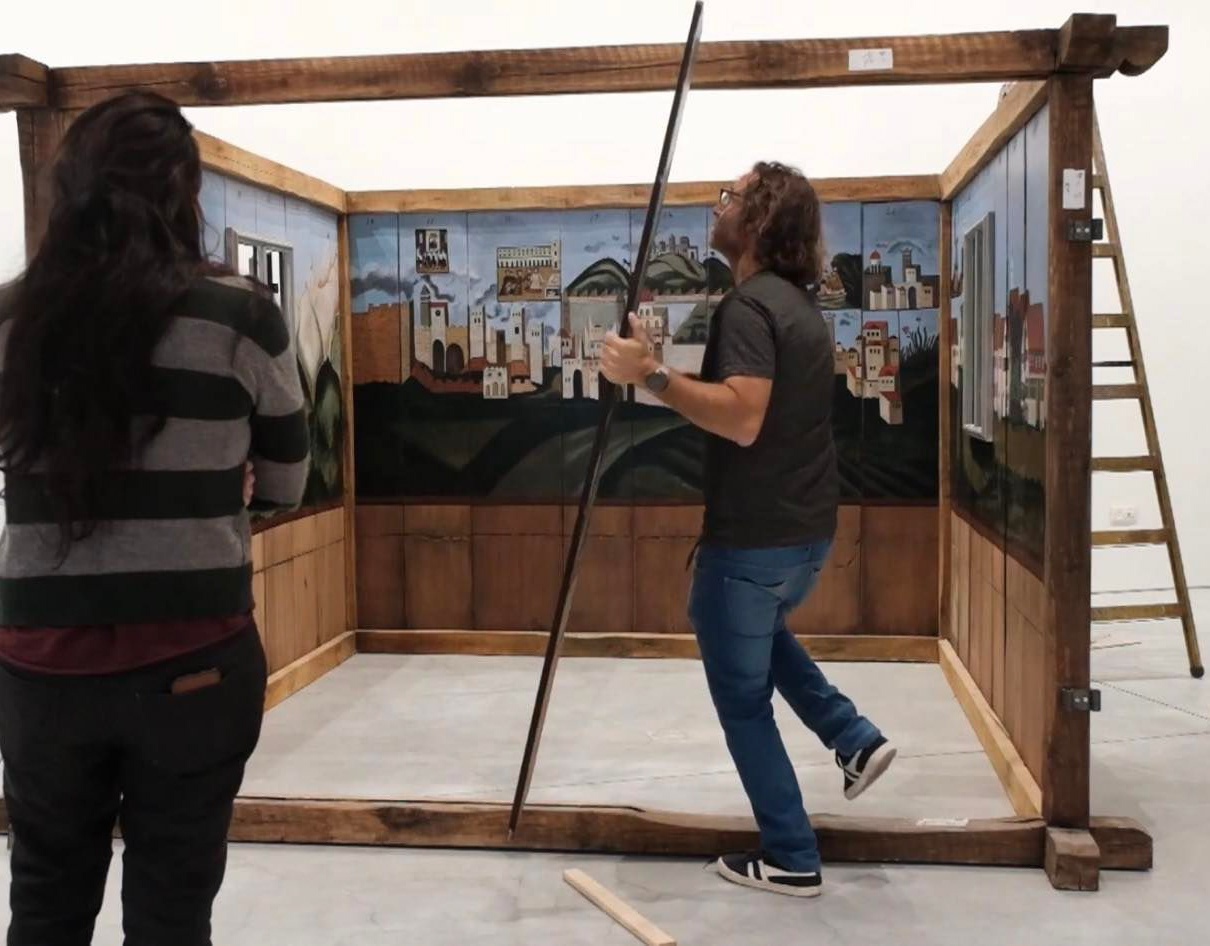
Dismantling (trailer)
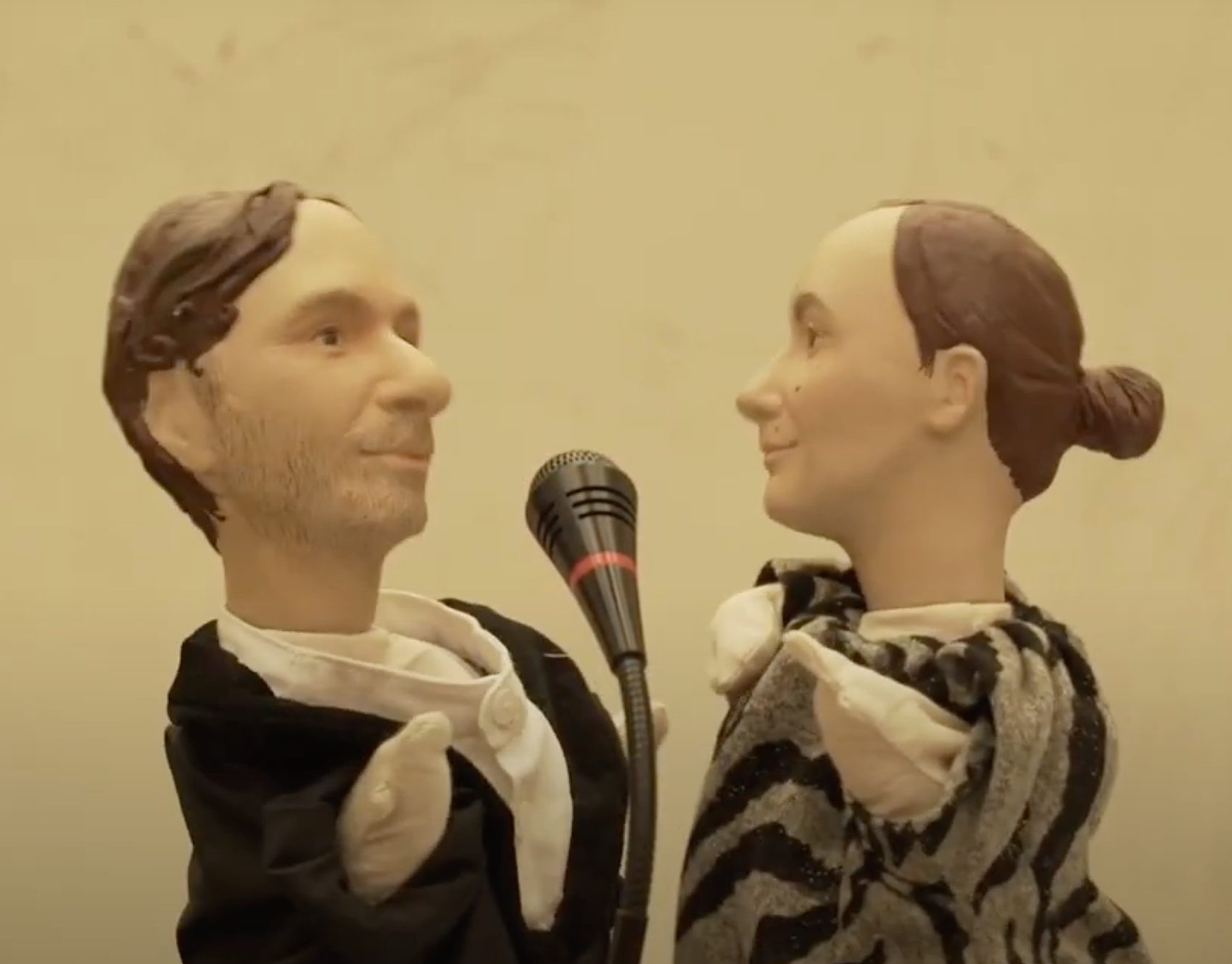
Yiddish Silence (video, 2021)
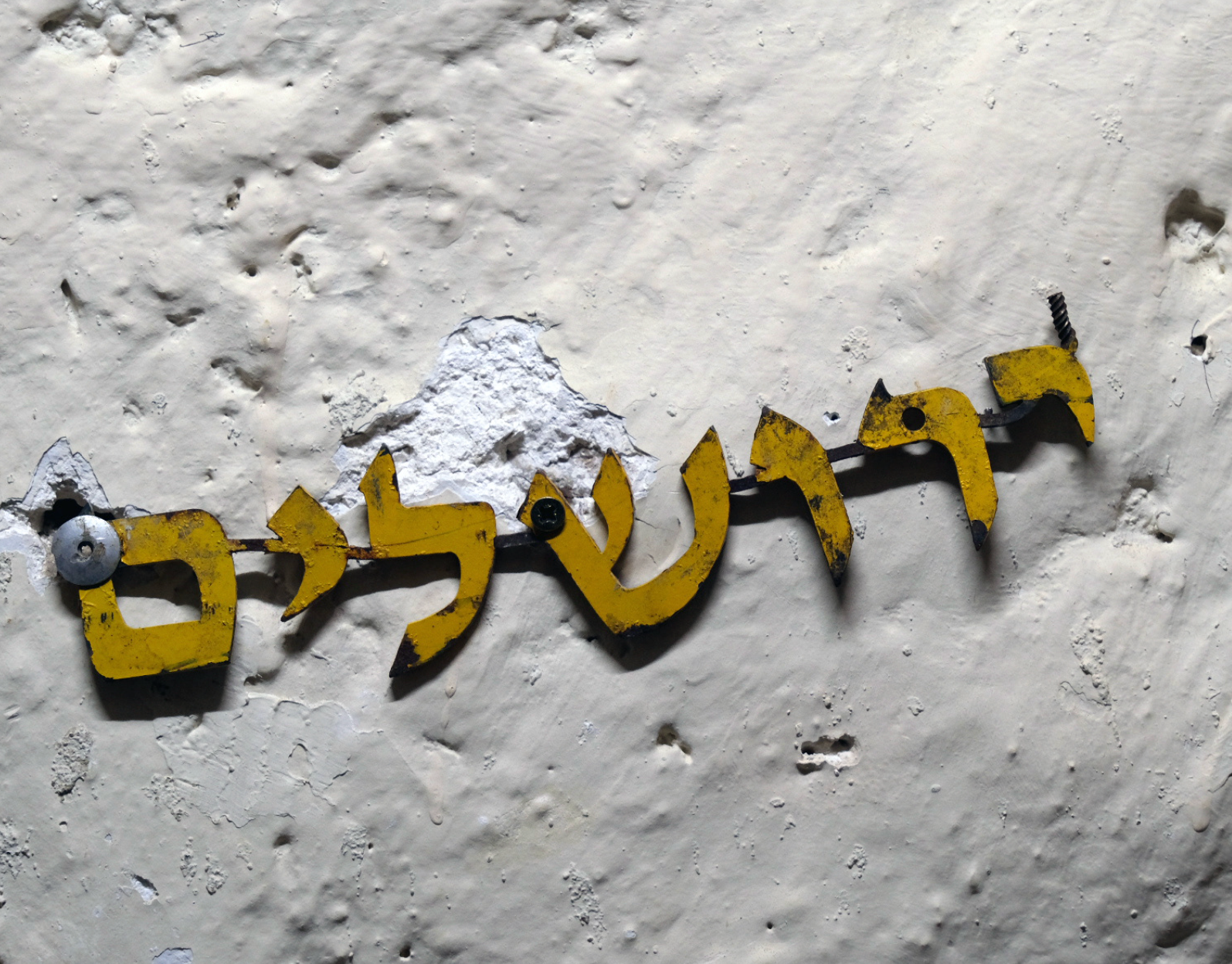
Jerusalem (ready made, 2019)
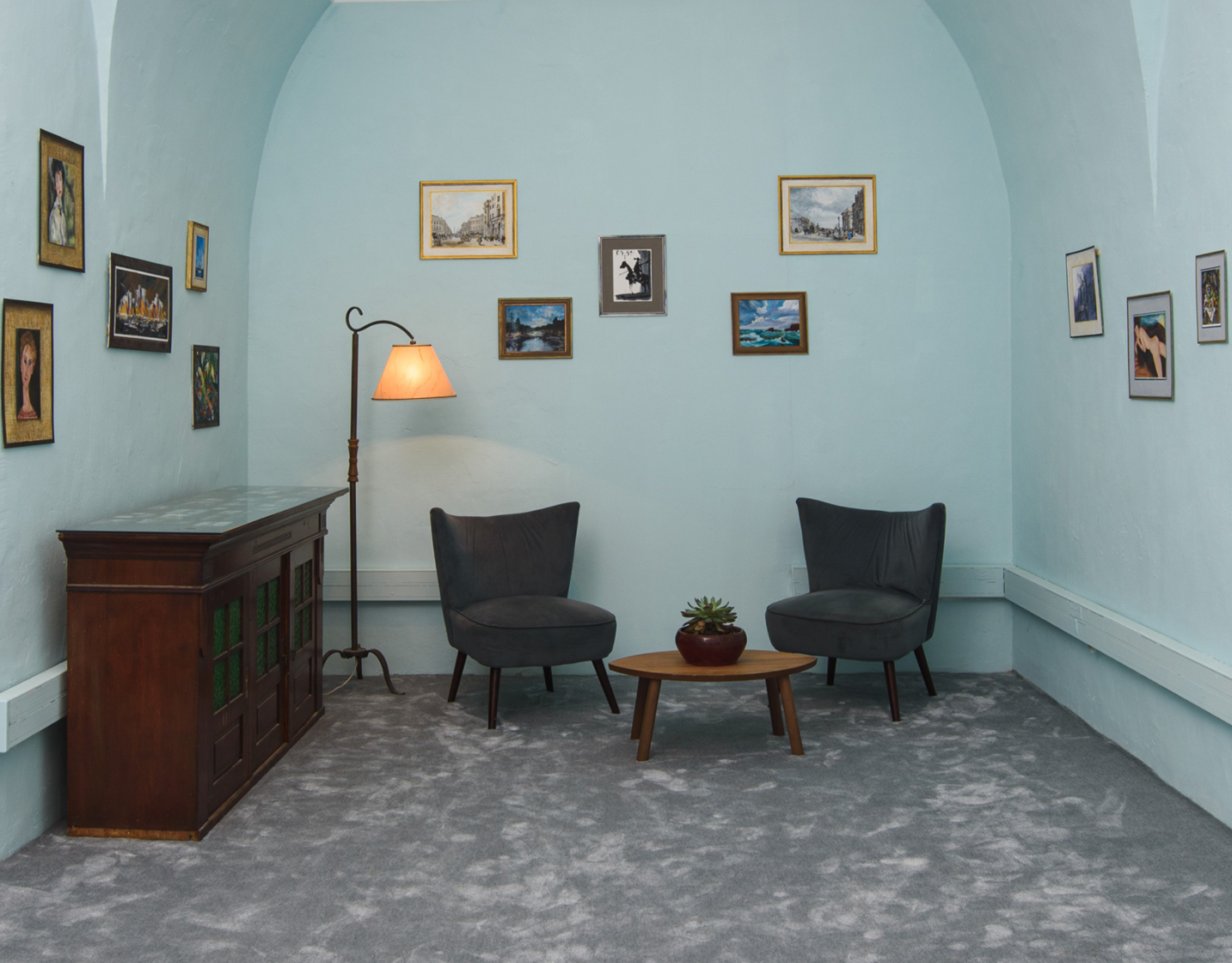
Soberman's Salon (installation & paintings, 2020-1)
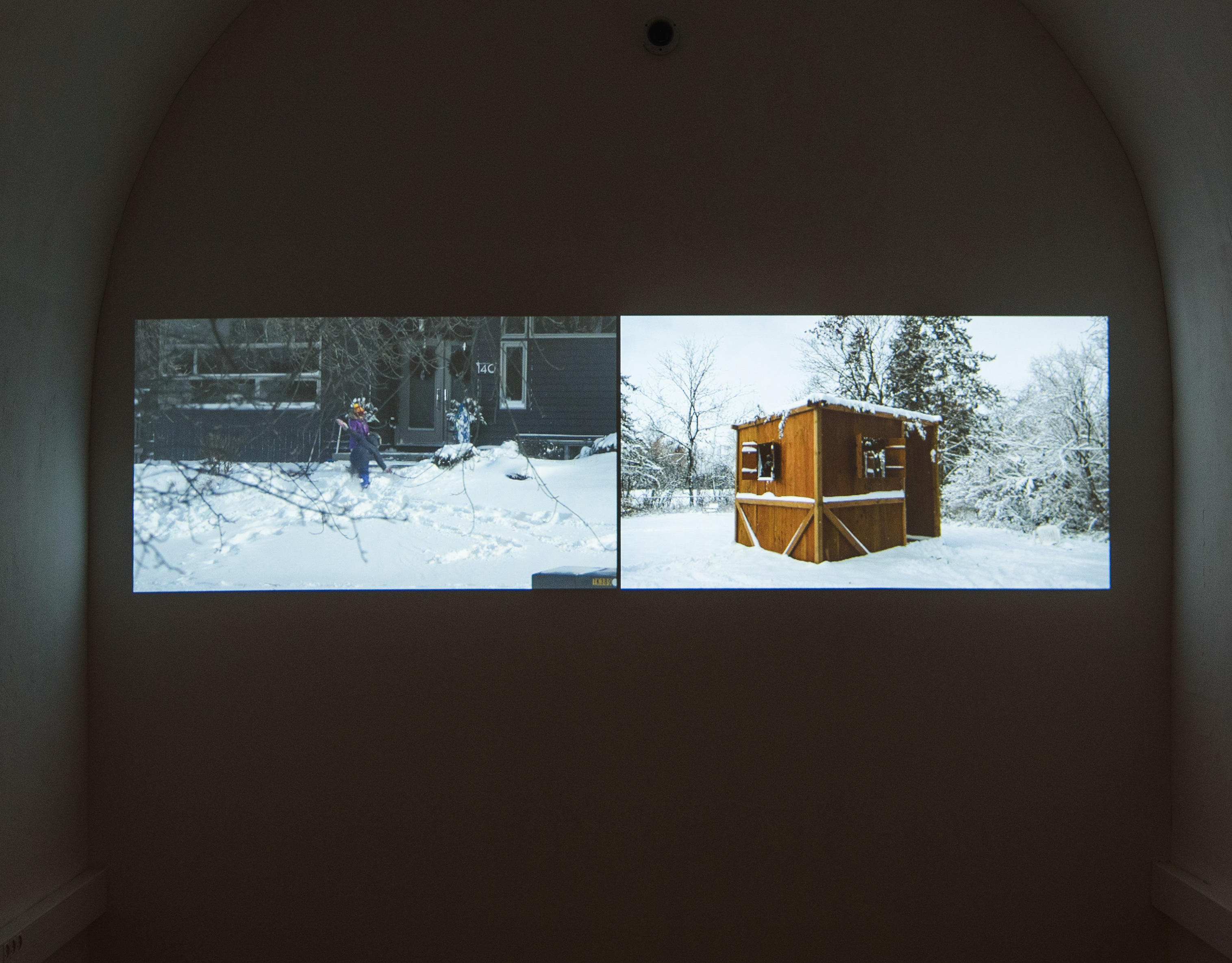
Permanent Residency (video doc. 2021)
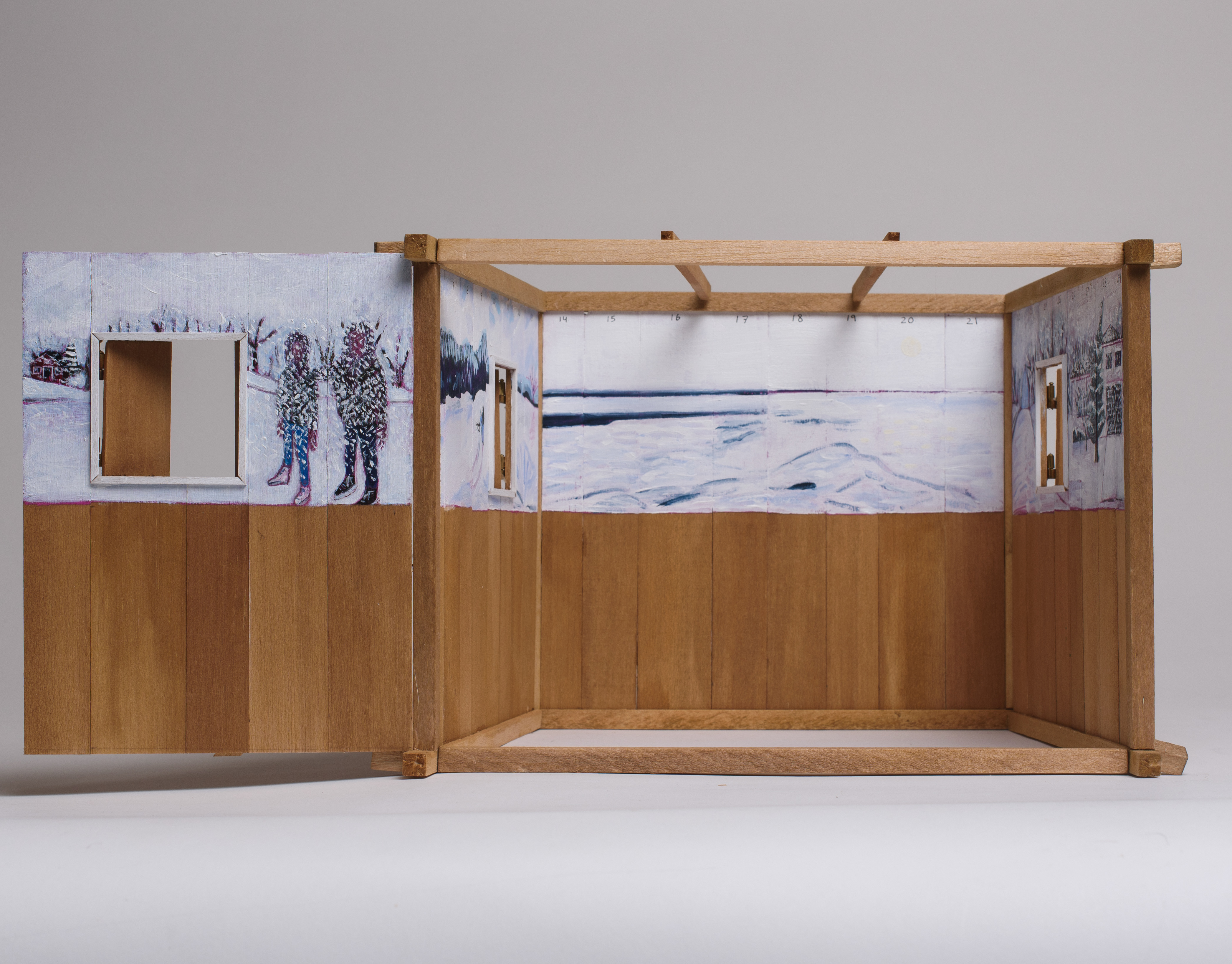
Kingston Sukkah (model, 2021)
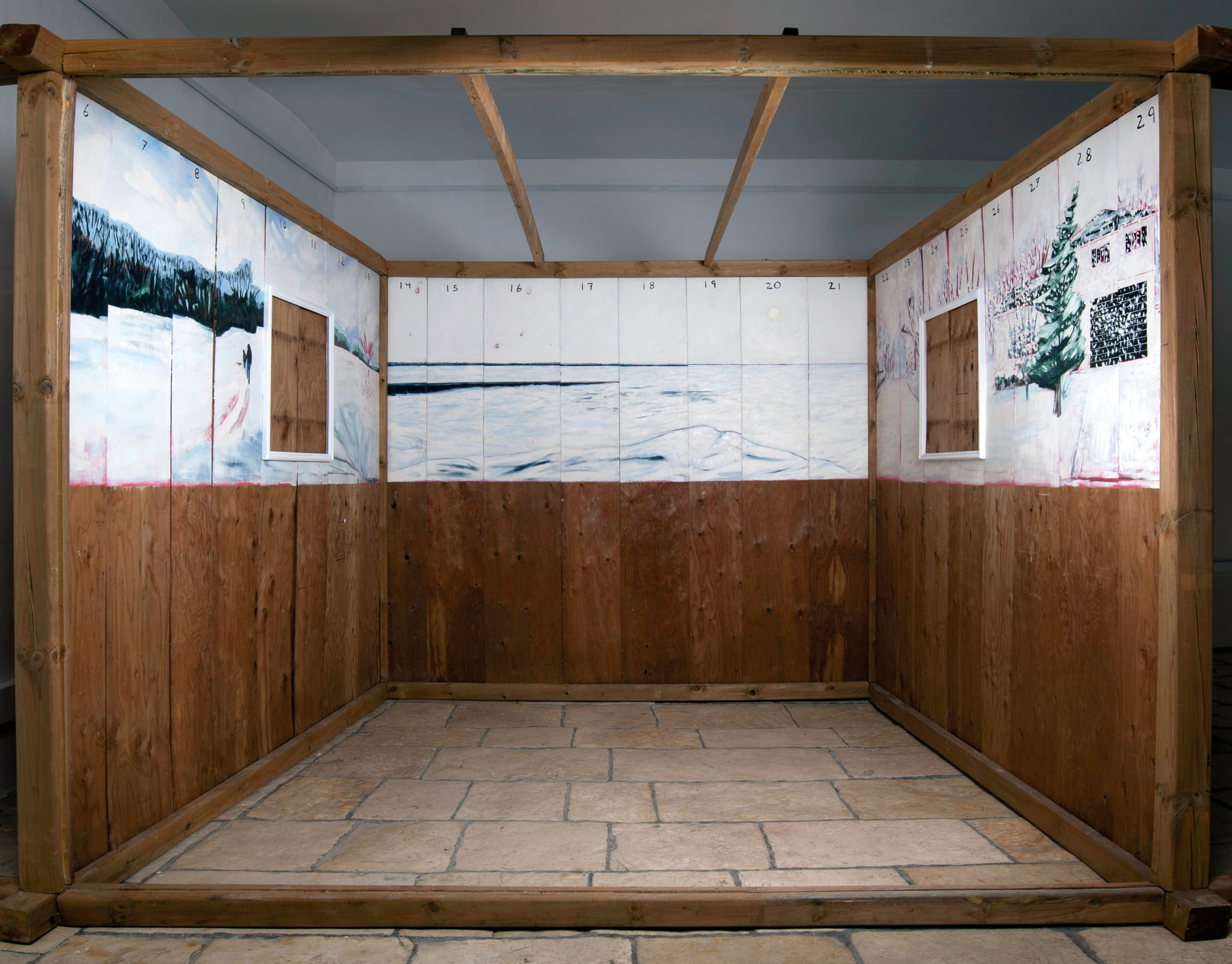
Kingston Sukkah (ritual object, 2018-2019)
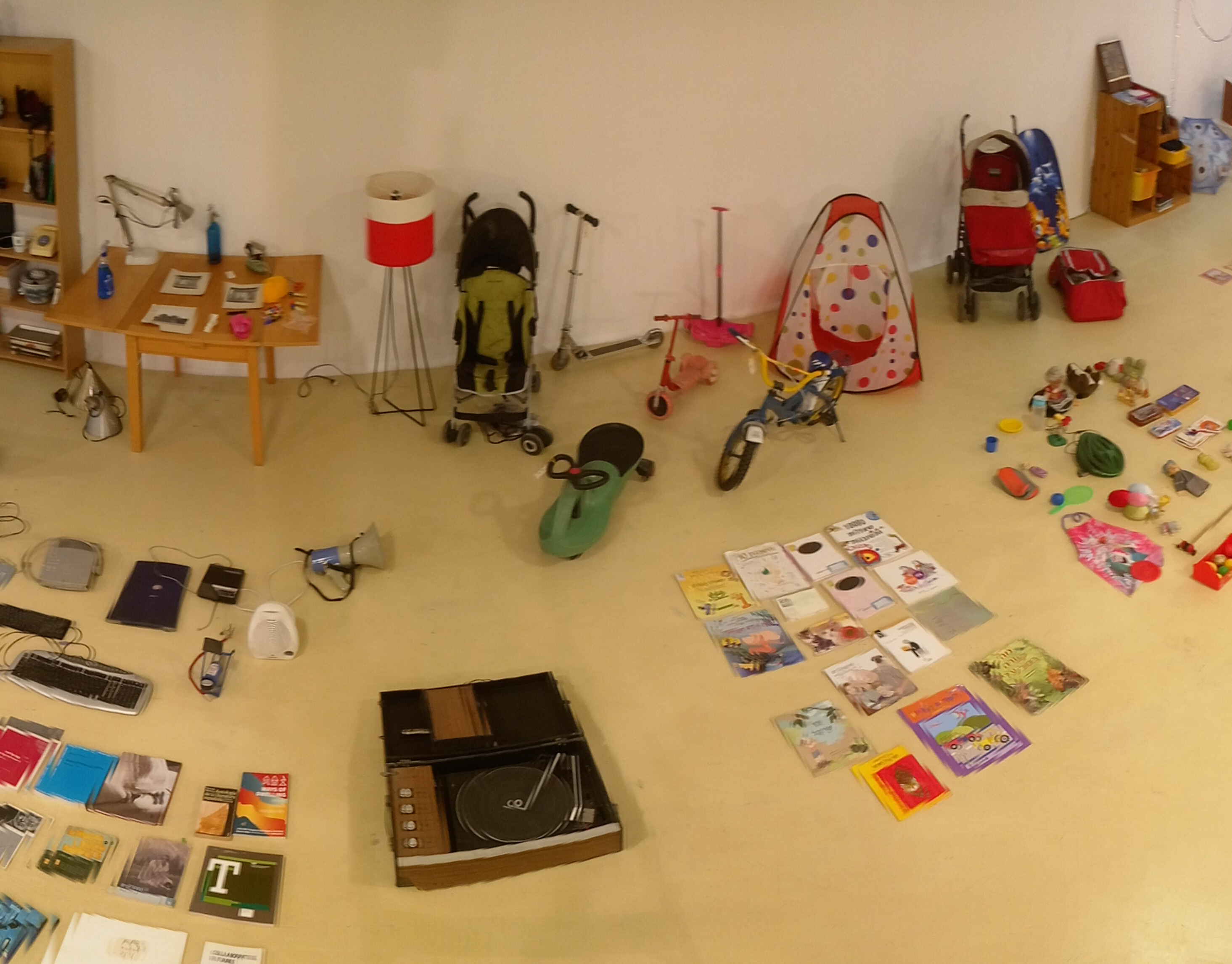
Garage Sale (installation & sale, video doc.), 2018
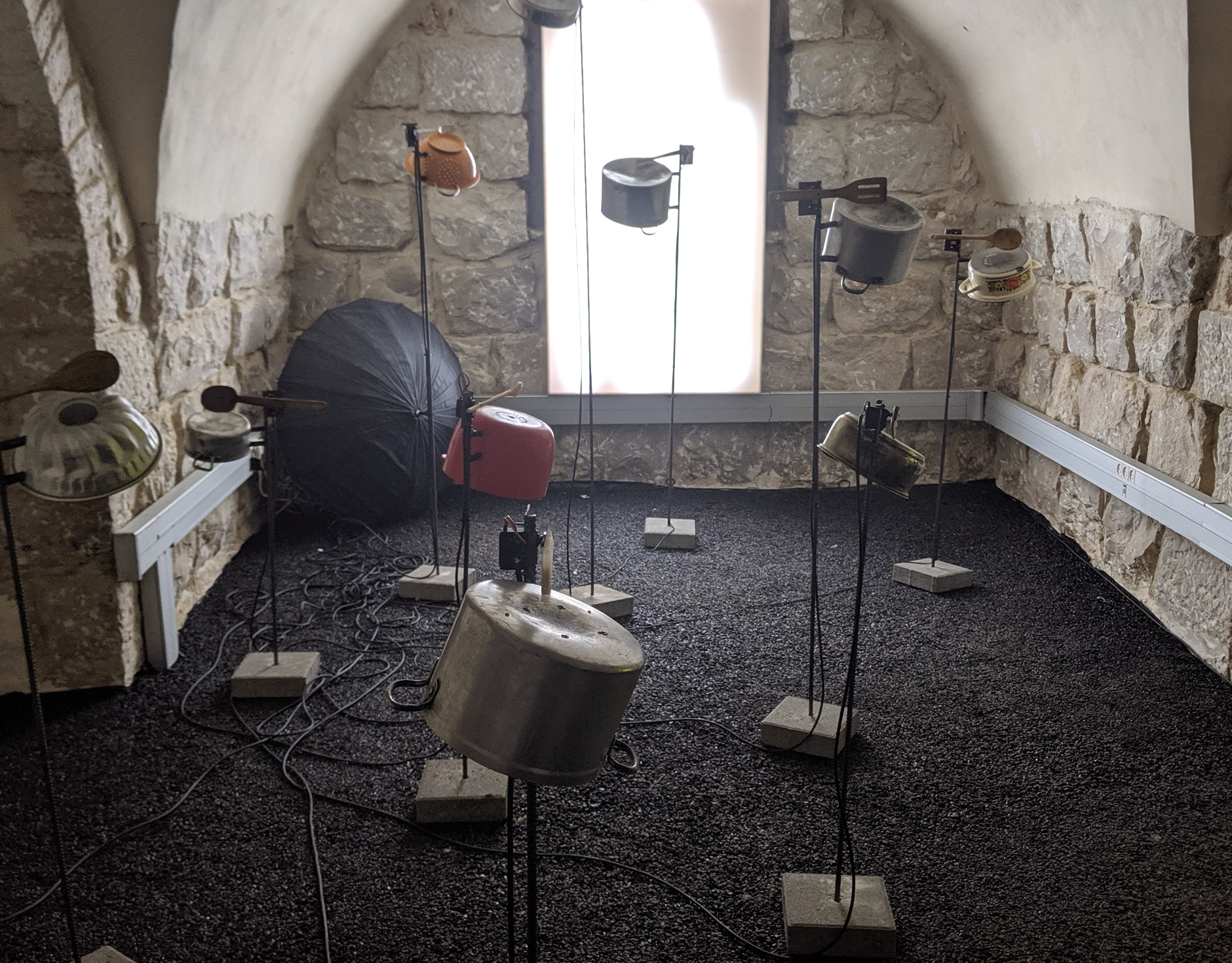
Cacerolazo Intimo (sound installation, 2019)
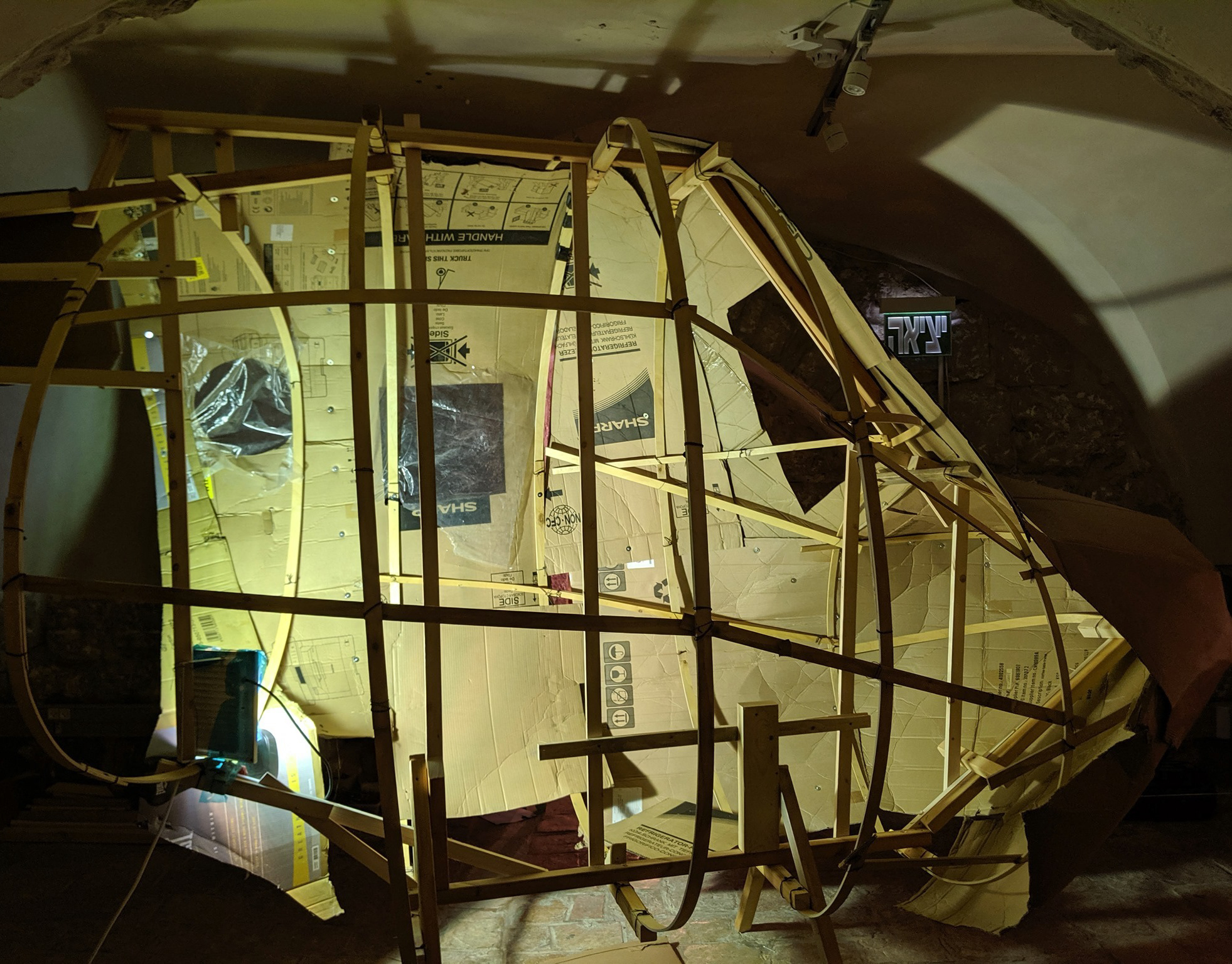
Helicopter (free replica, 2019)
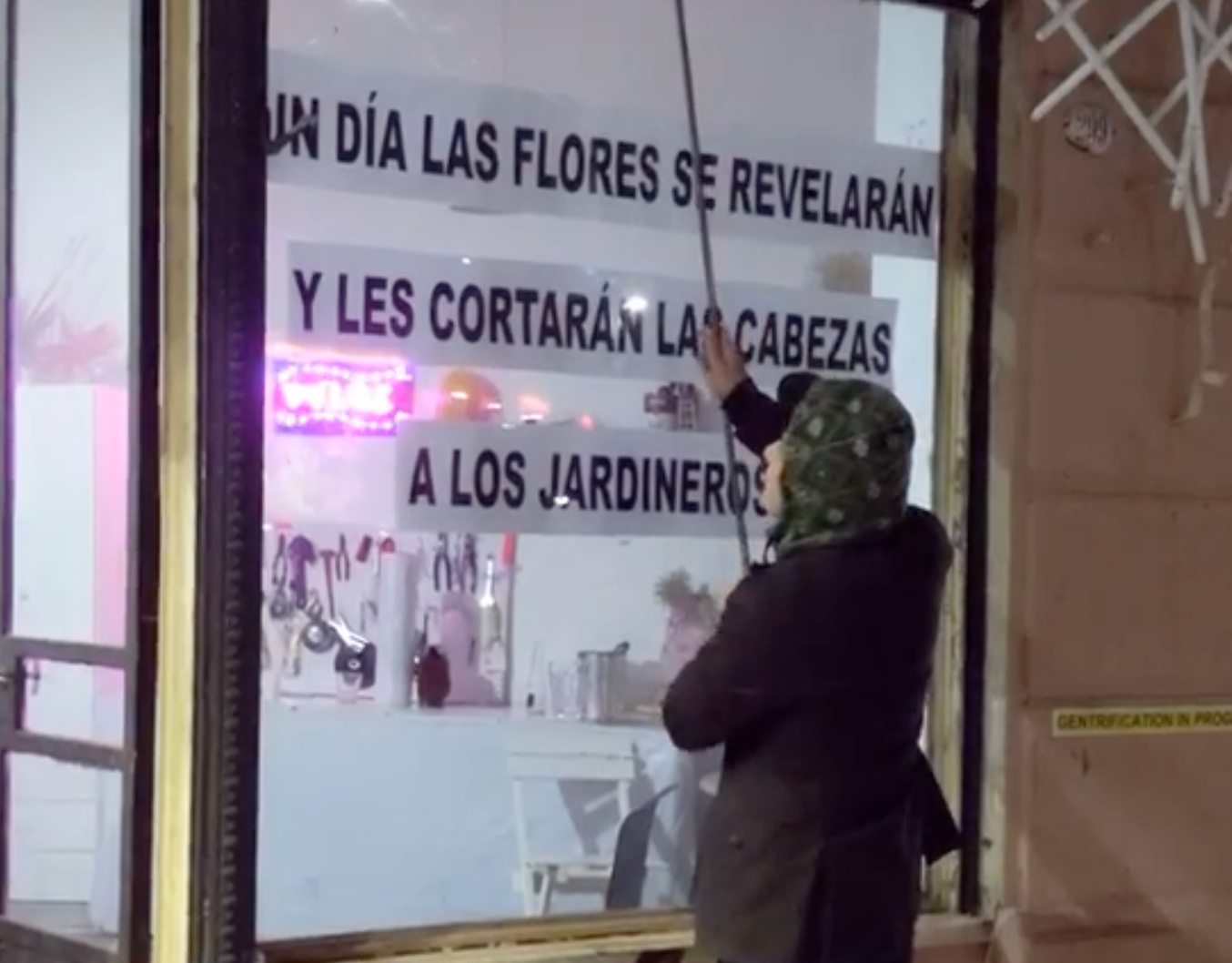
Un días las flores (urban intervention, 2019)
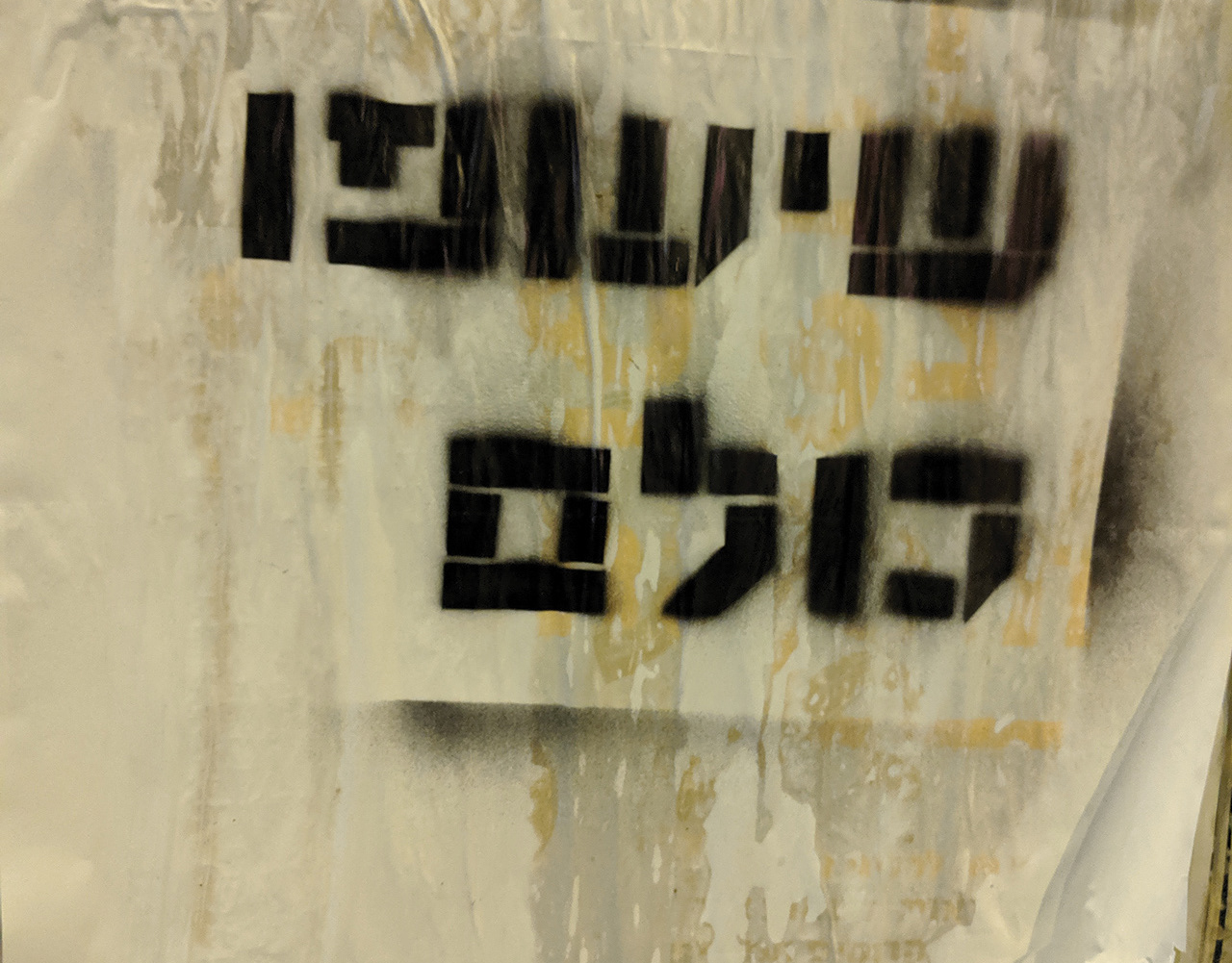
All of the must go! (reproduced graffiti, 2019)
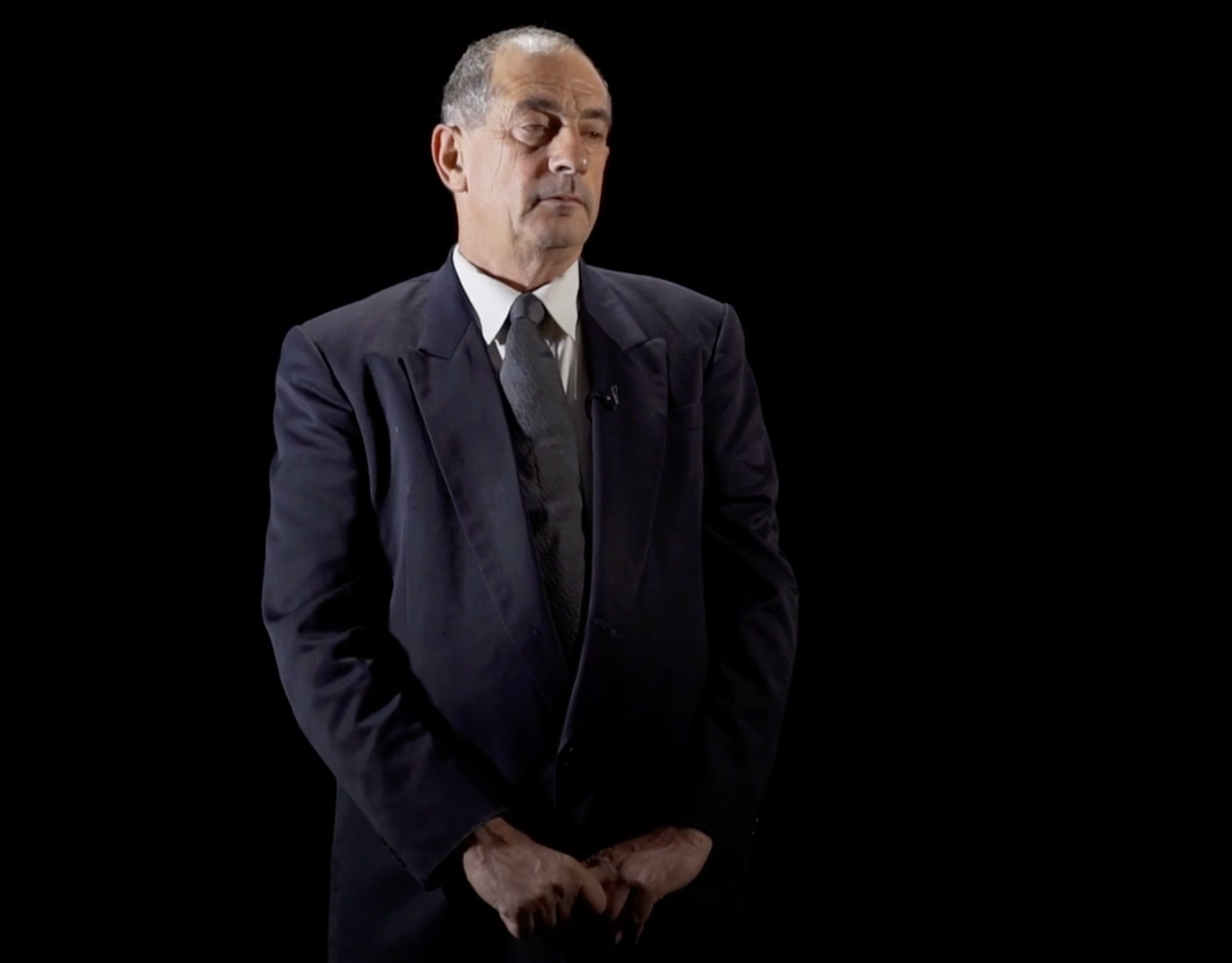
No Confidence (restage, video, 2018)
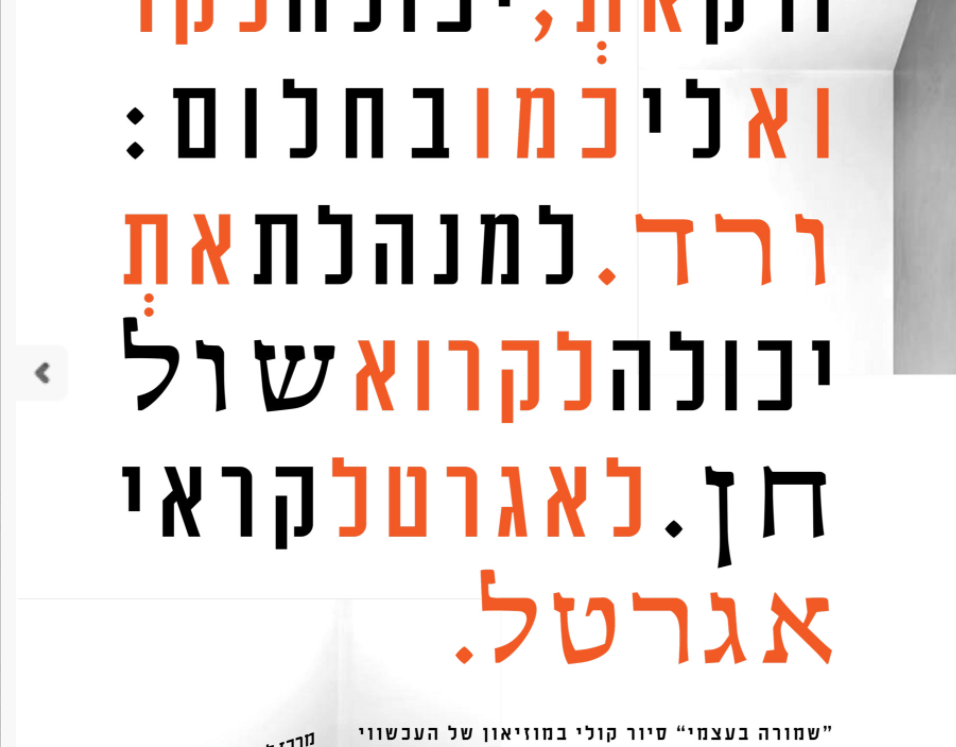
Preserved Myself (a museum's guide)
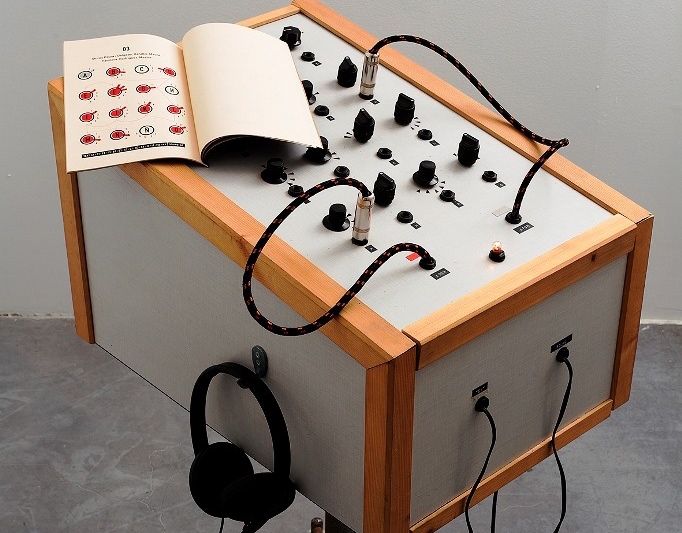
La Máquina de Hacer Pájaros (sound object, 2014)
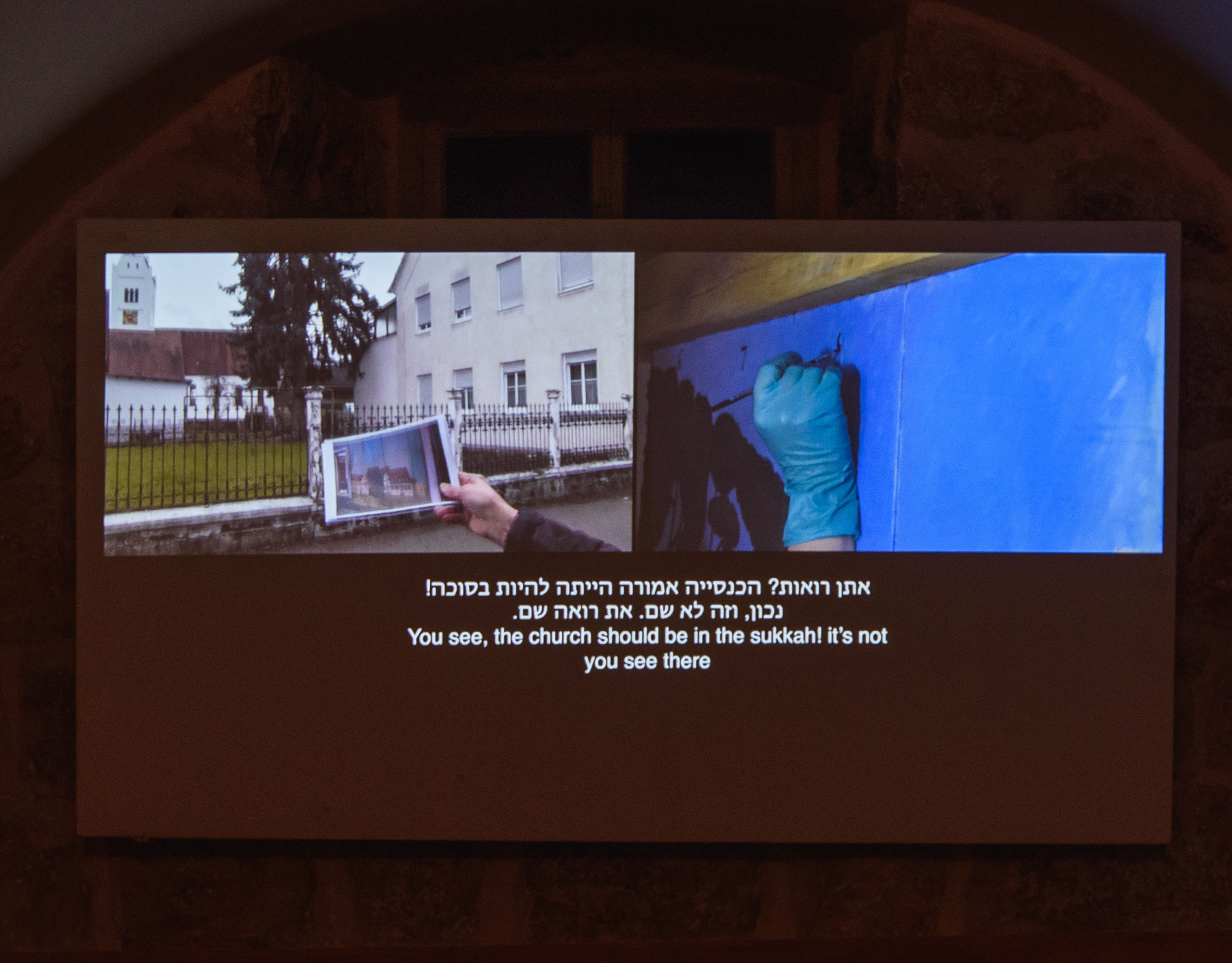
A Geography of Cracks (Video doc., 2017.)
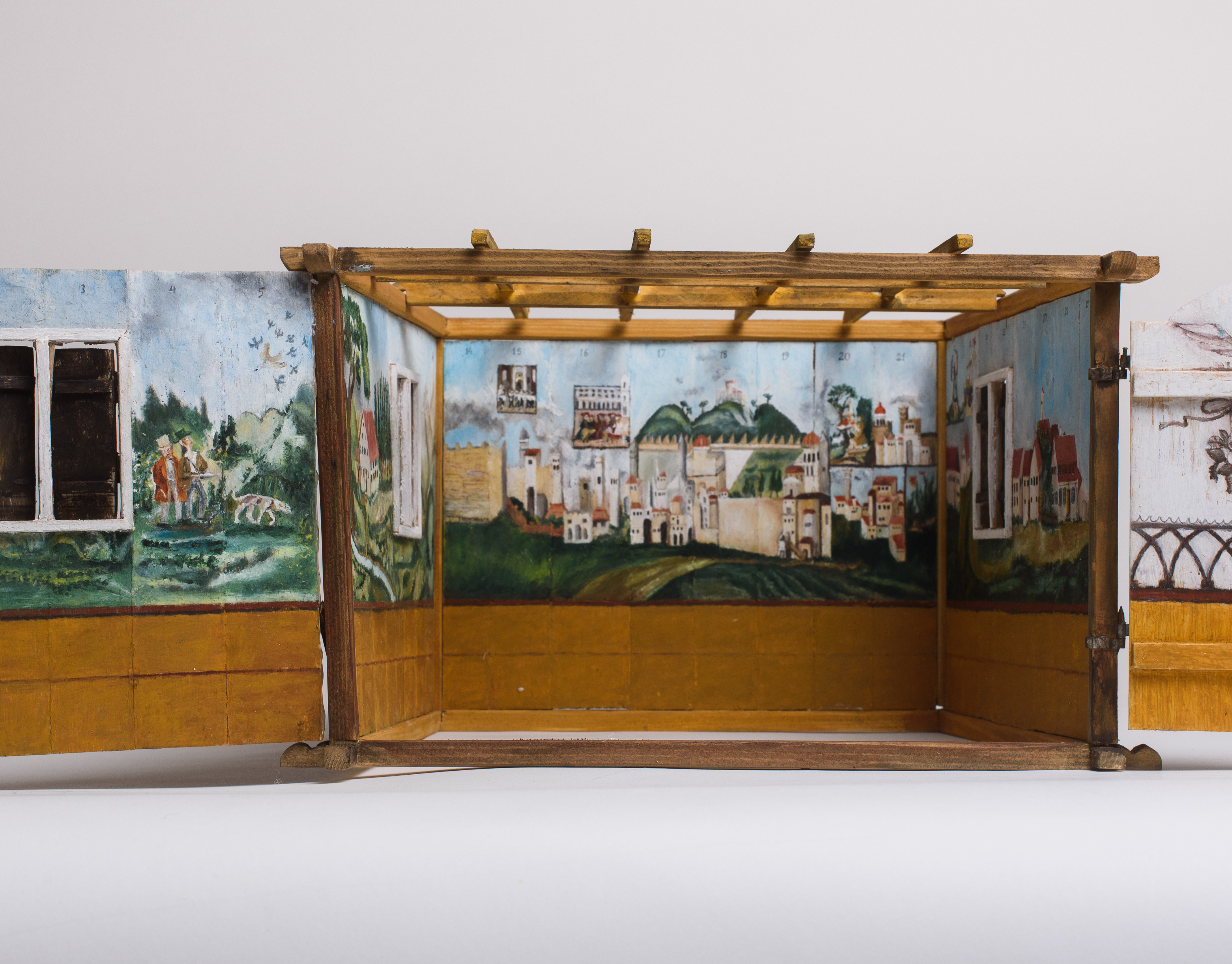
Model of the Replica of the Deller Sukkah (2017) .
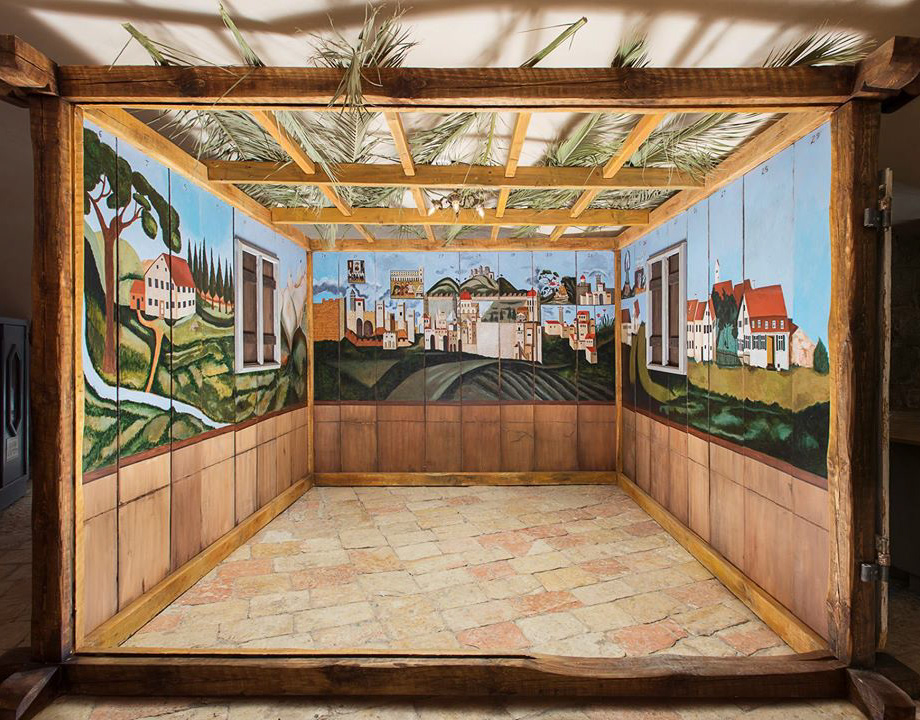
Deller Sukkah (replica, 2017)
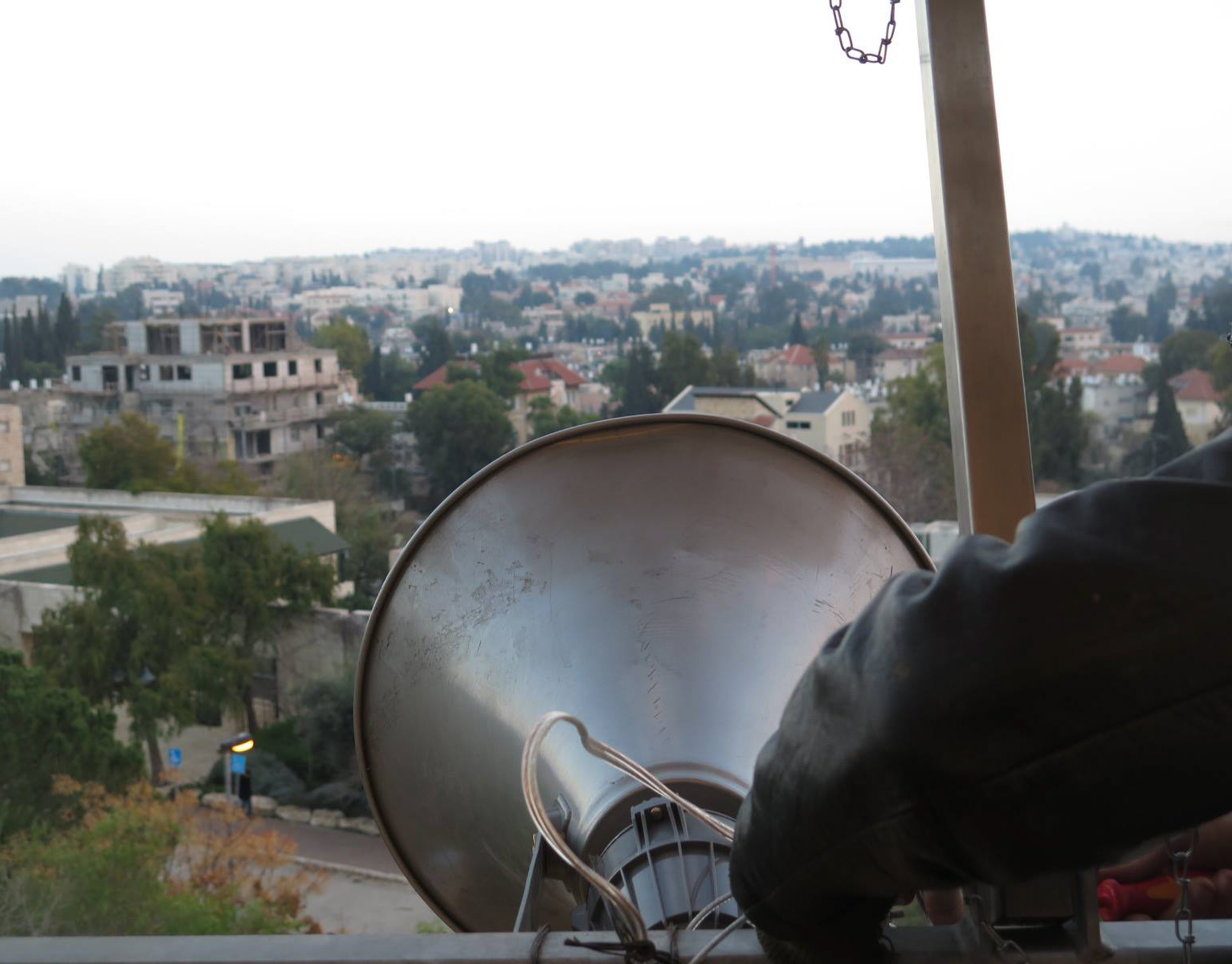
Hamavdil 1&2 (sound intervention Public Space, 2017-8)
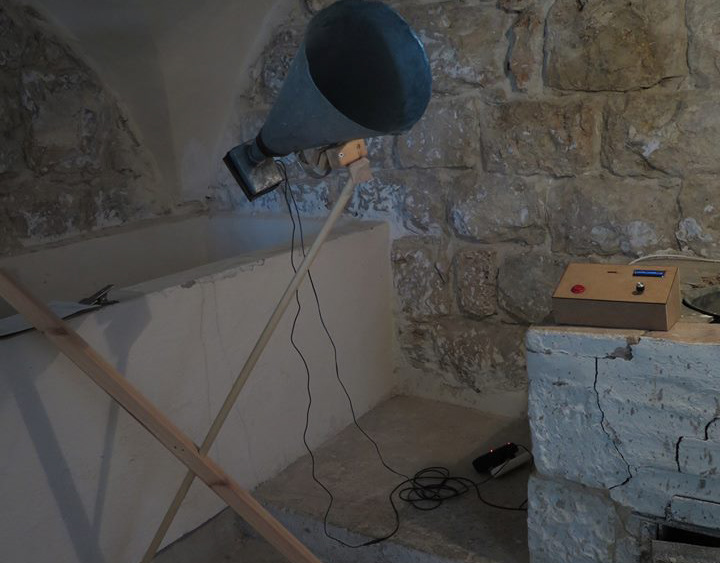
Israel Time Machine (interactive sound machine, 2015)
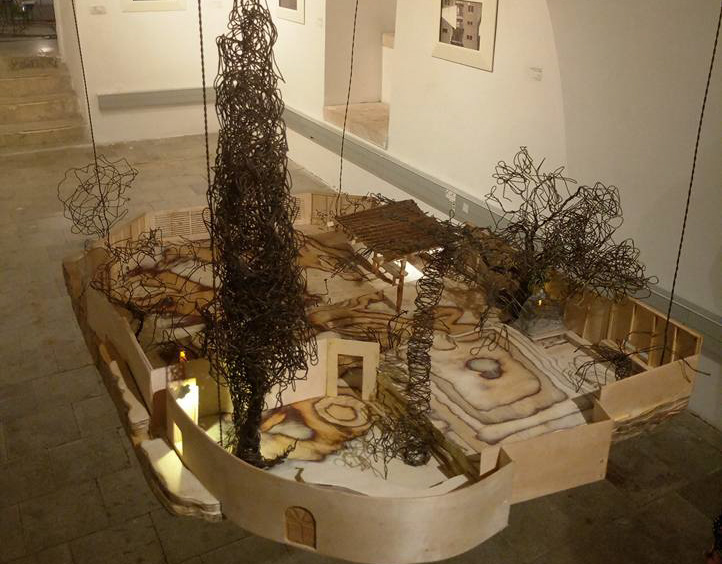
Paradise In (model, 2017)
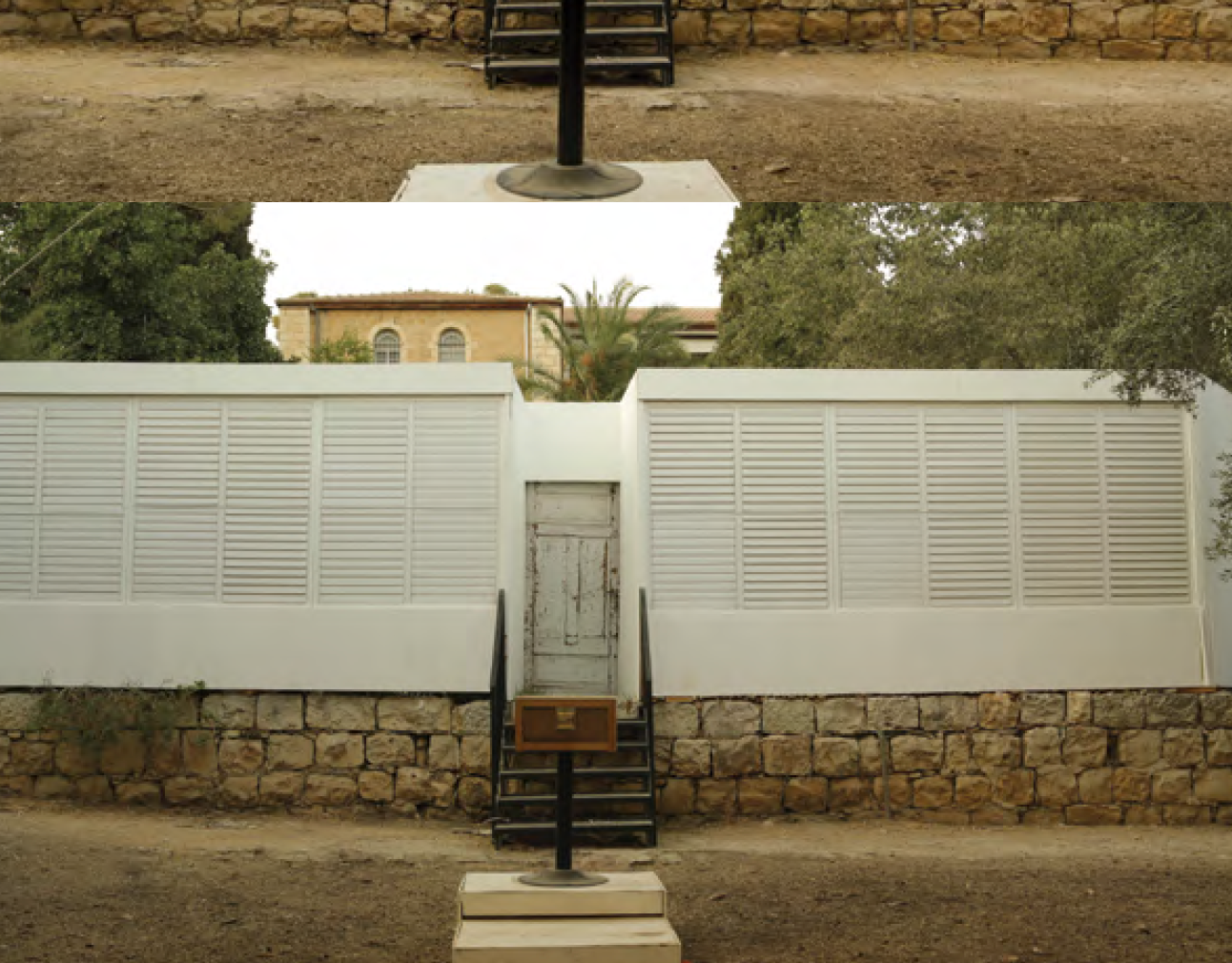
Paradise Inn (Hotel, installation, residency, 2015)
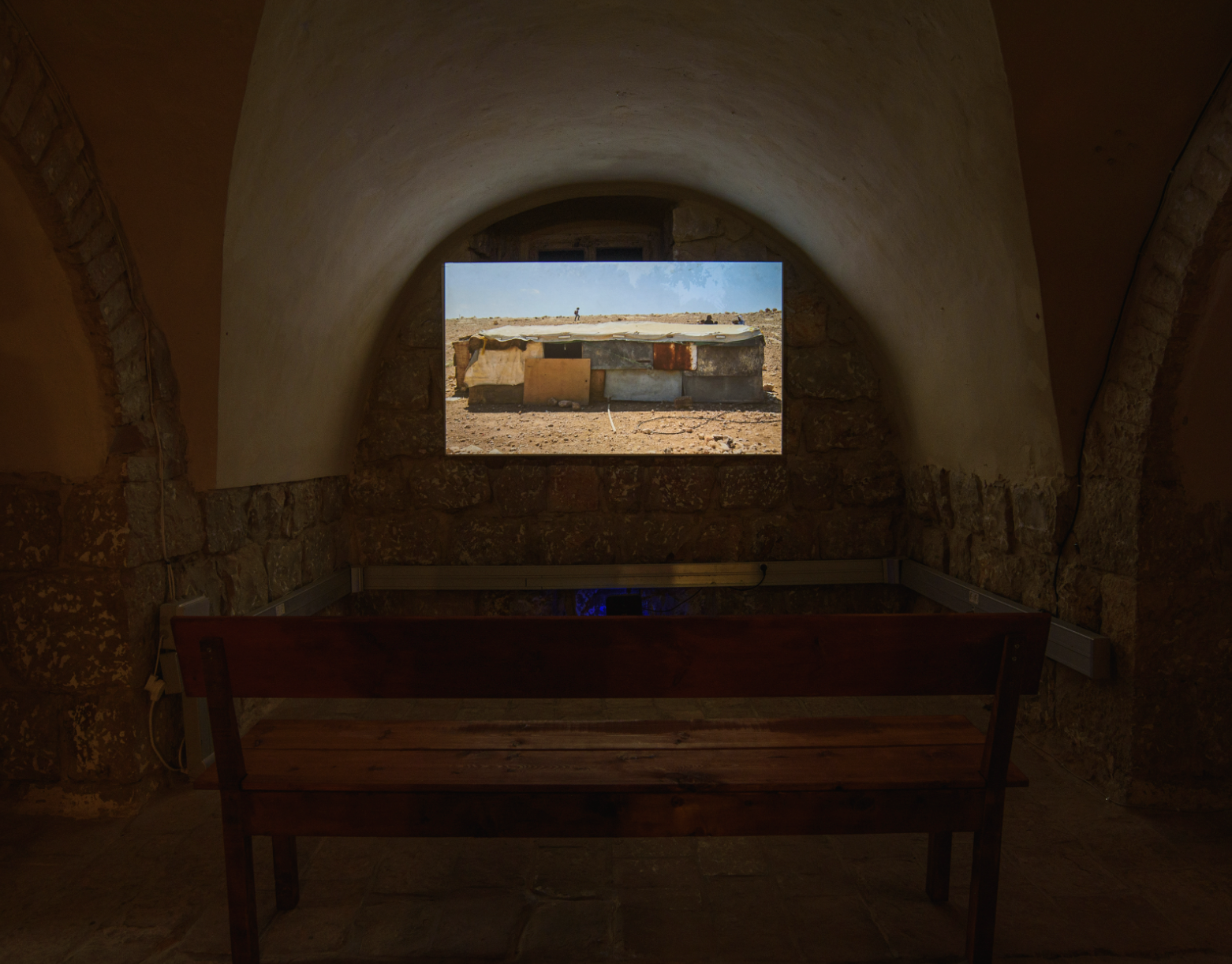
Eternal Sukkah (Video doc. 2019)
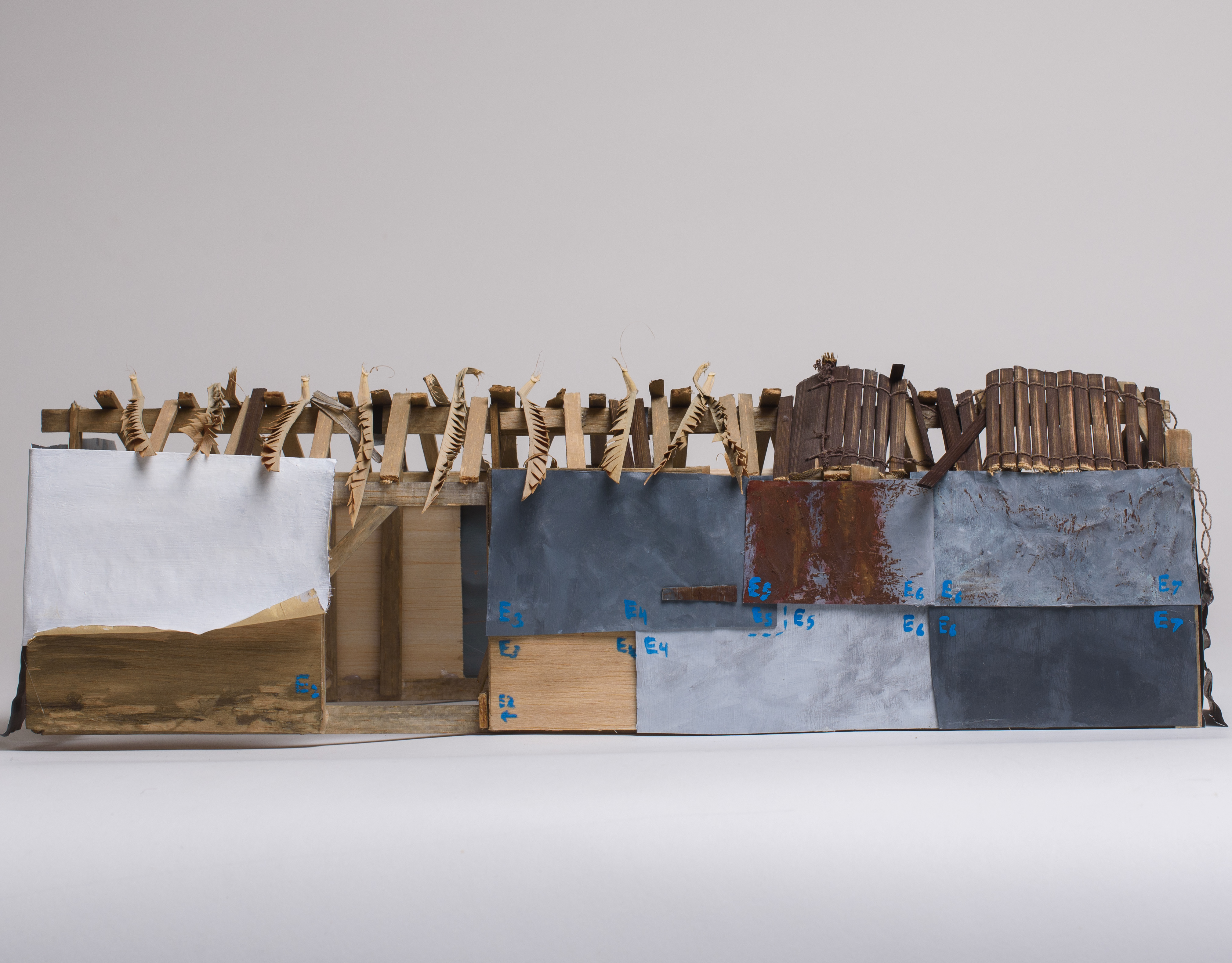
Eternal Sukkah Model (2016)
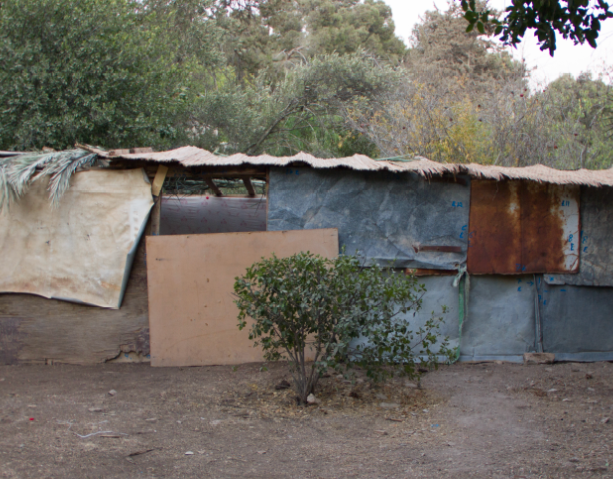
Eternal Sukka (Ritual object, installation, s. 2014
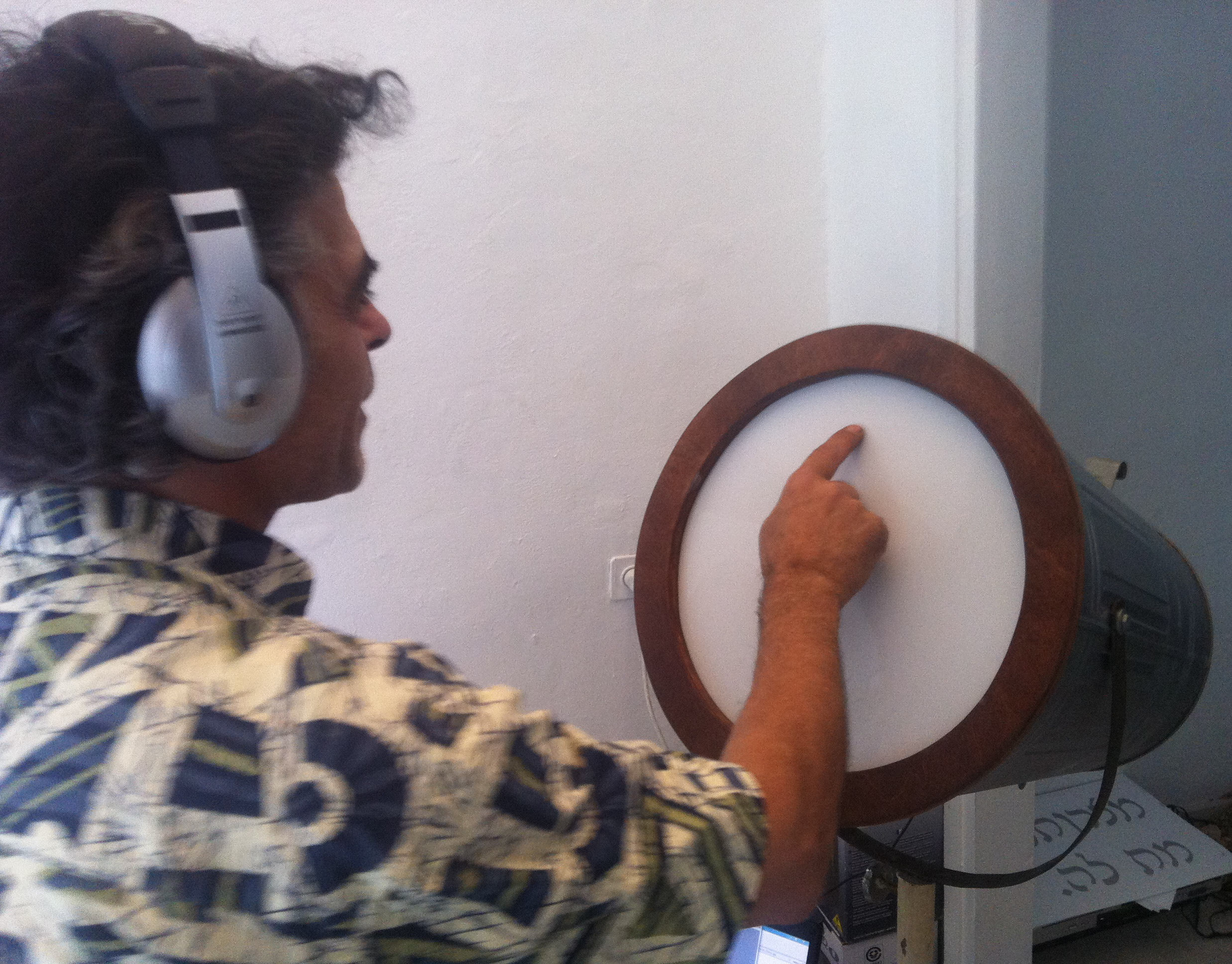
Blaybn Vet a Vint (interactive poem machine, 2013)
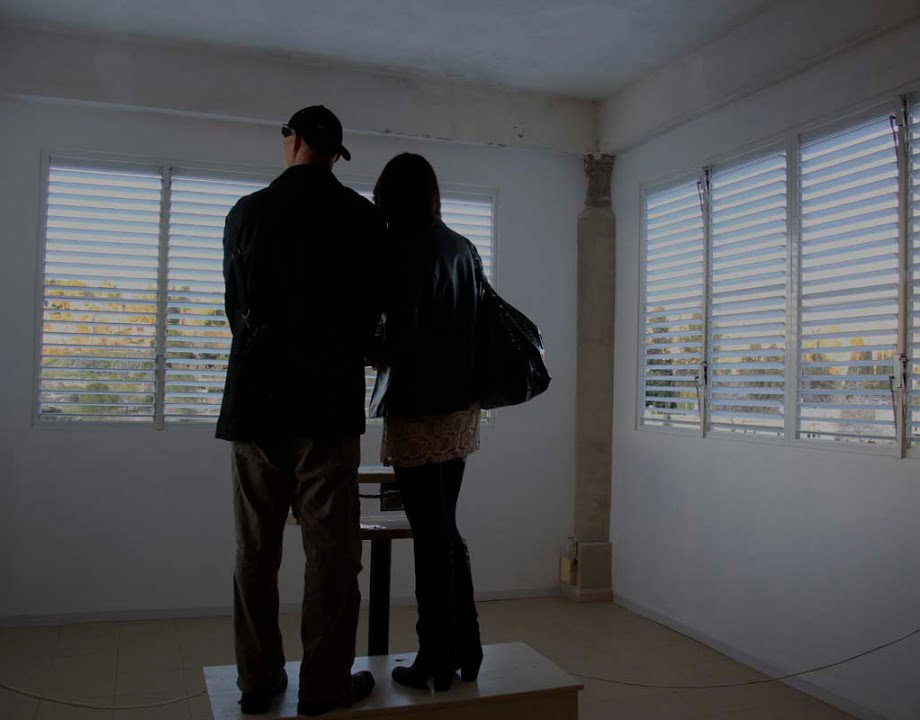
Private View, 2012
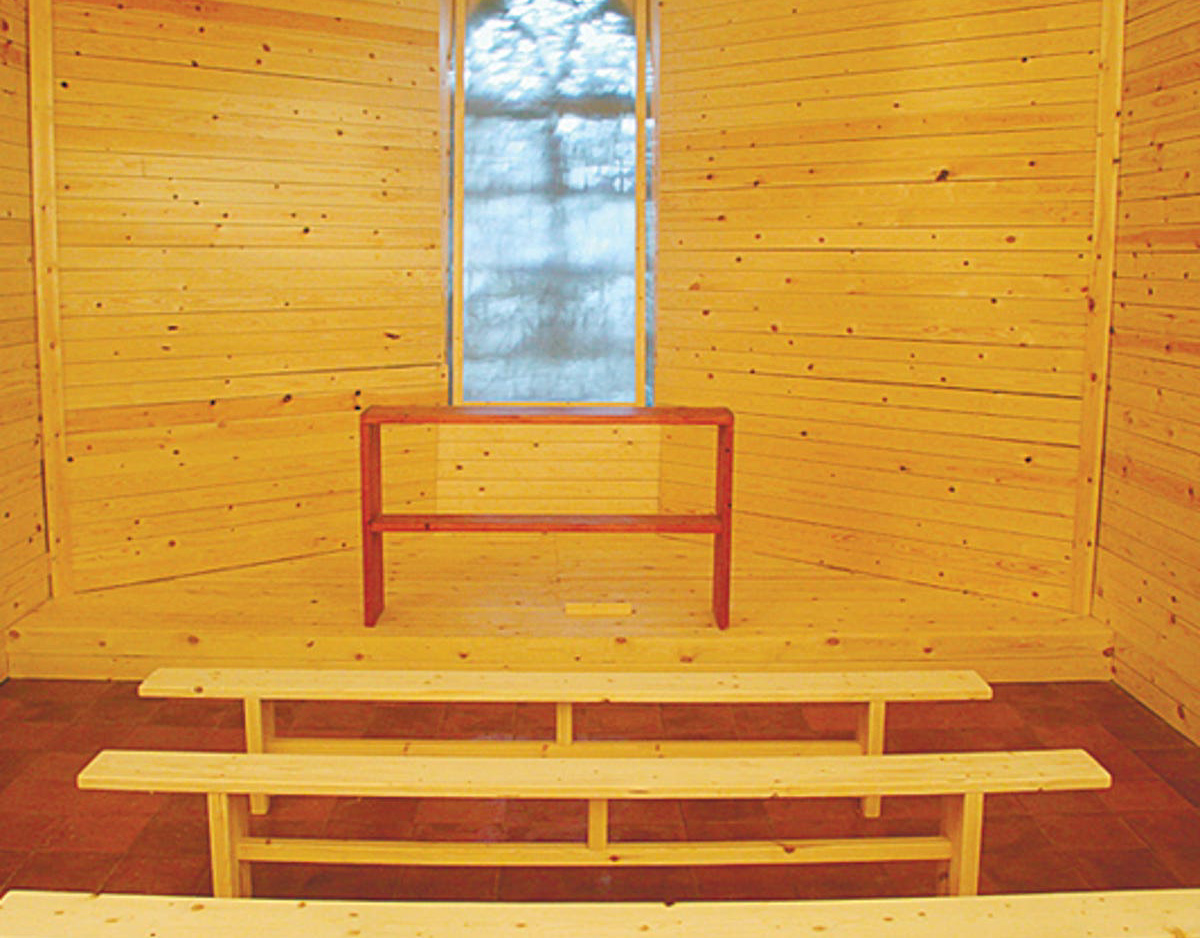
The Church of Criticism (installation, venue, 2012)
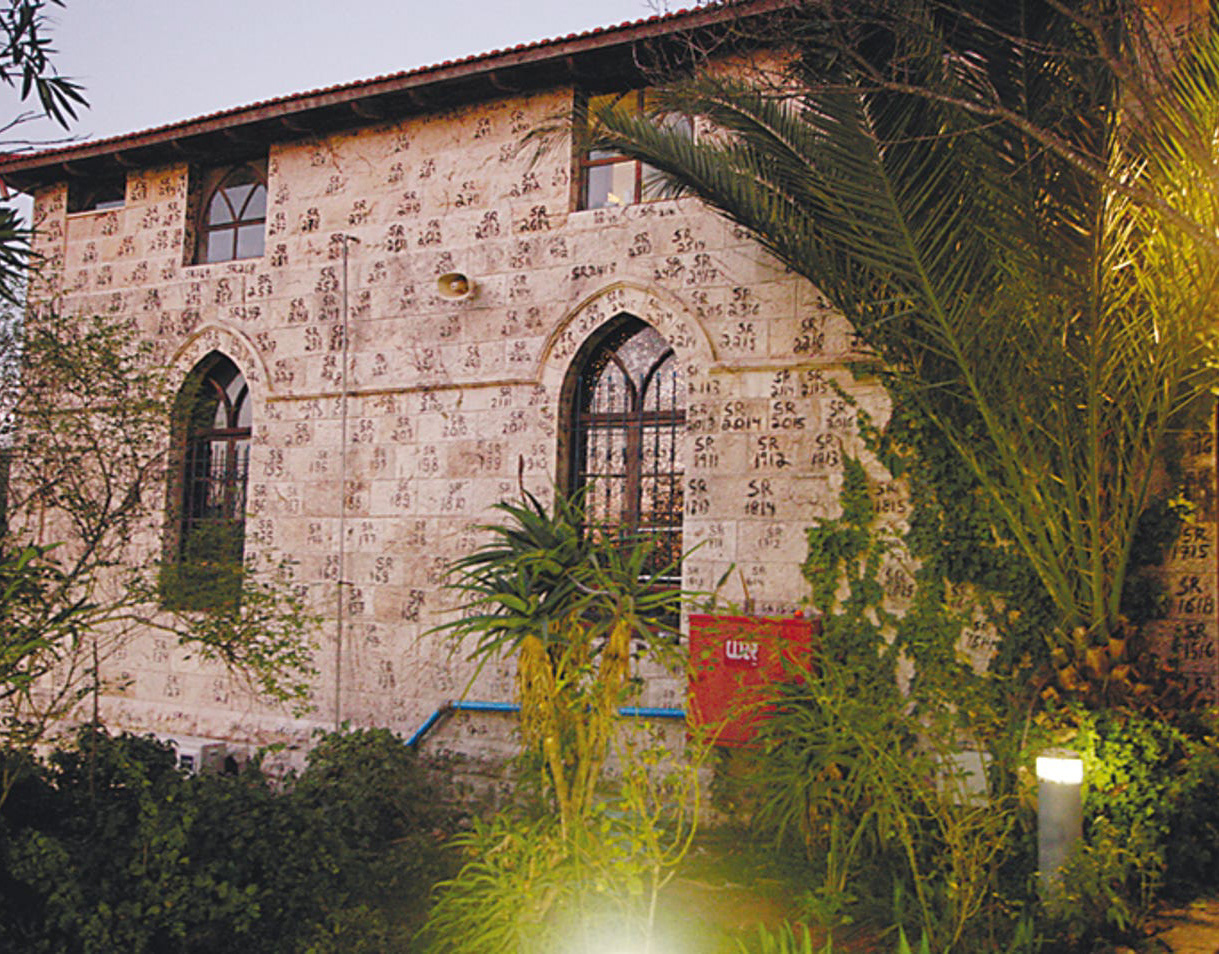
The Skin Where I Live In
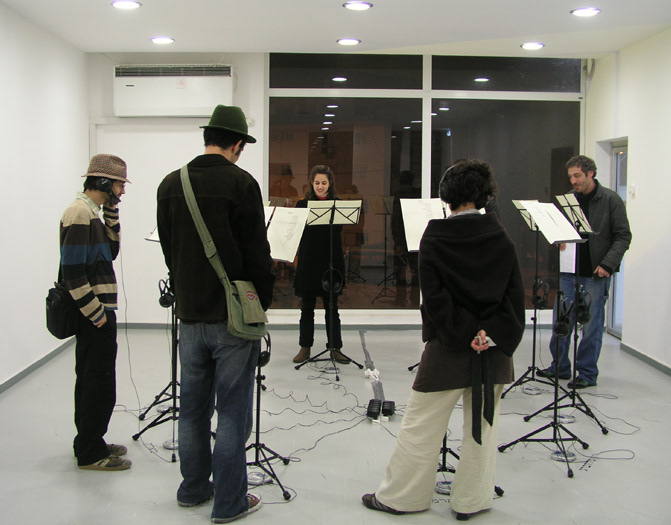
Babylon Poems (Software translation, sound, 2006)
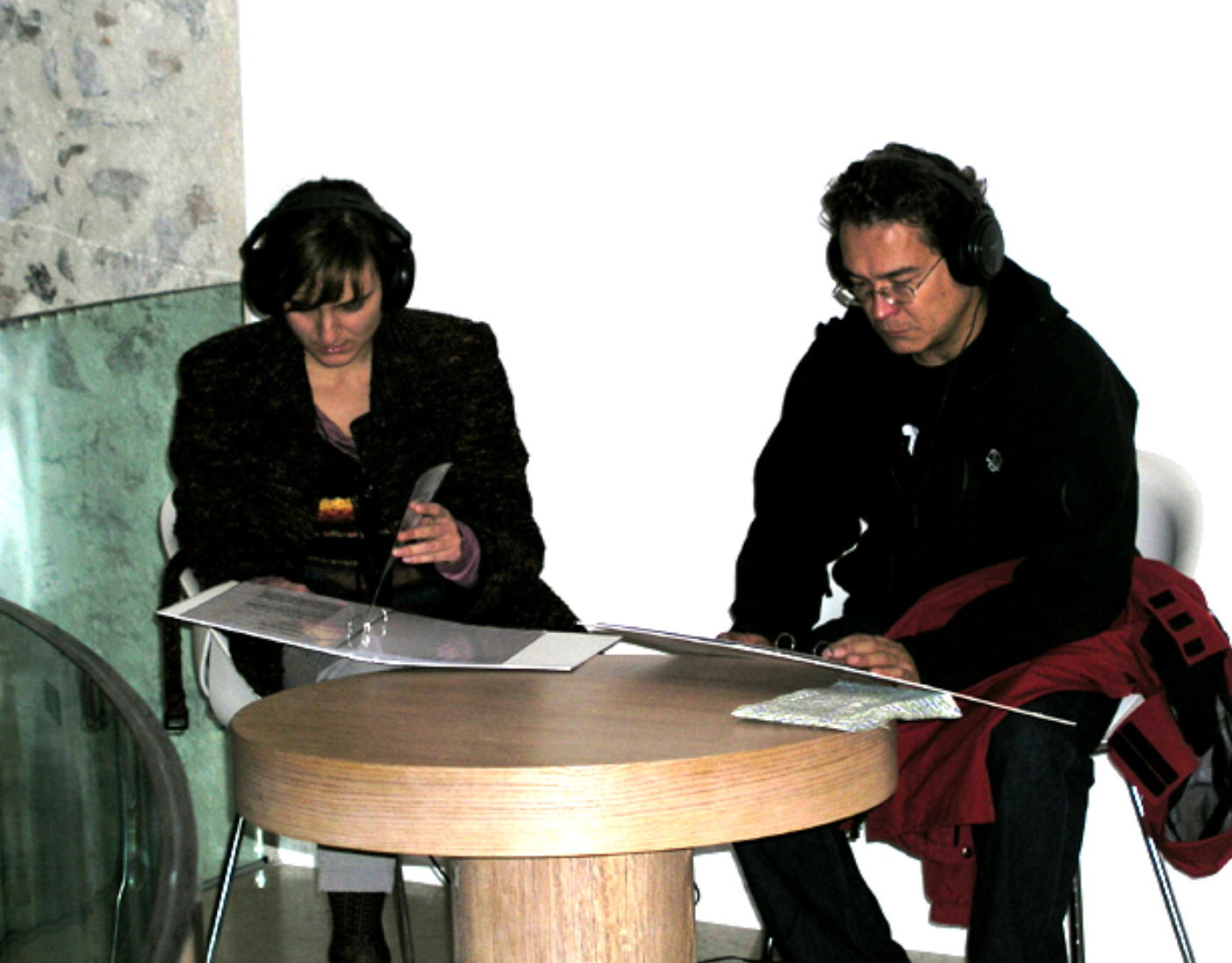
Radijski progam, Joau Delgadu (2007)
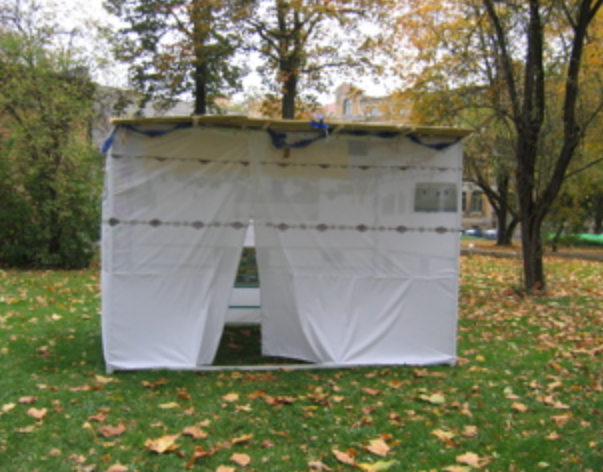
Studies on New Israeli Landscapes and Eternal Sukkah 1
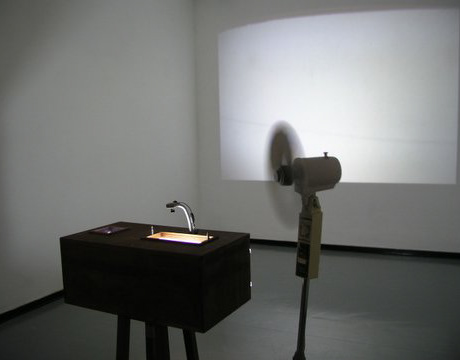
Seara/Storm (sound object, 2006-2007)
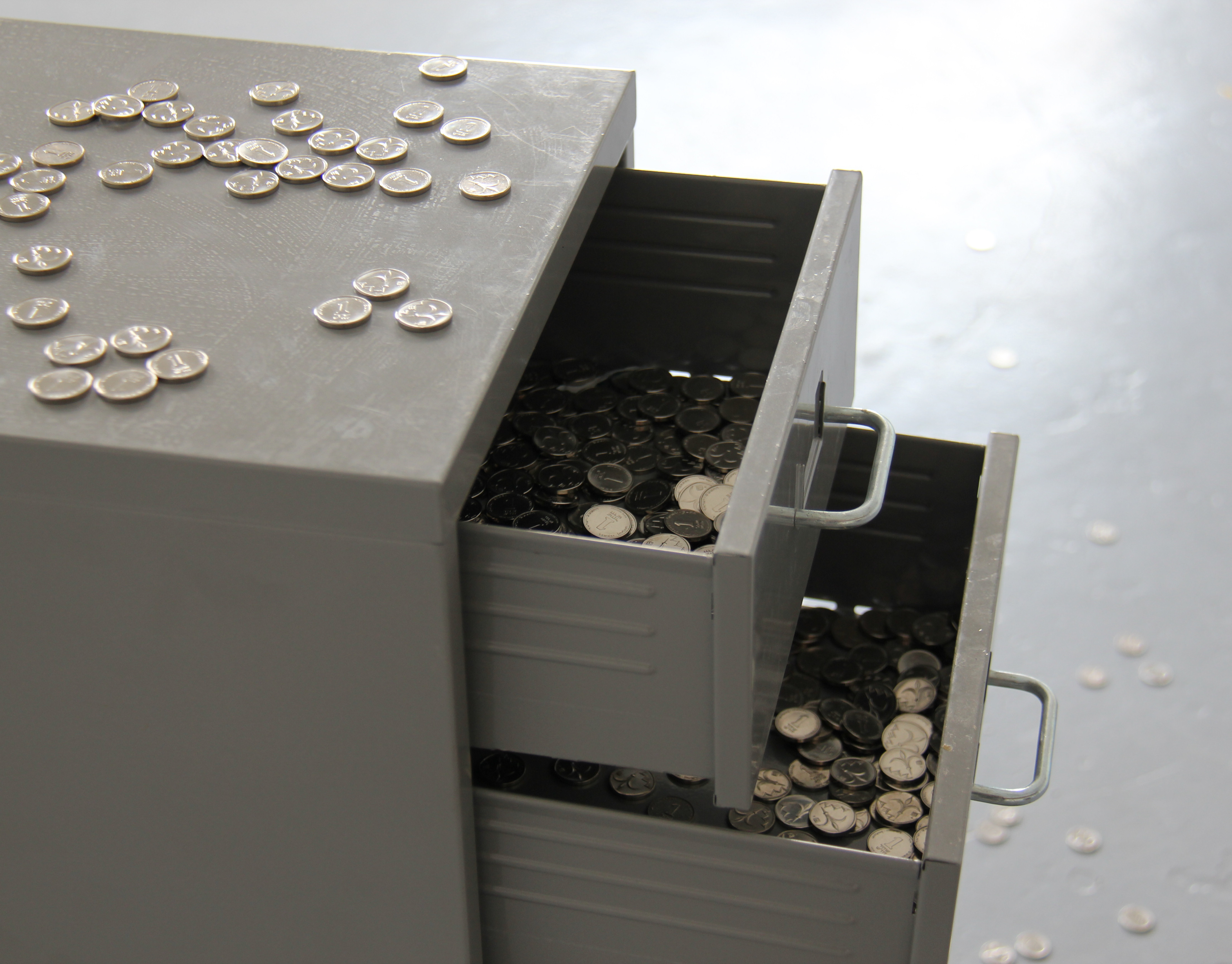
Total Investment (installation, budget show, 2013)
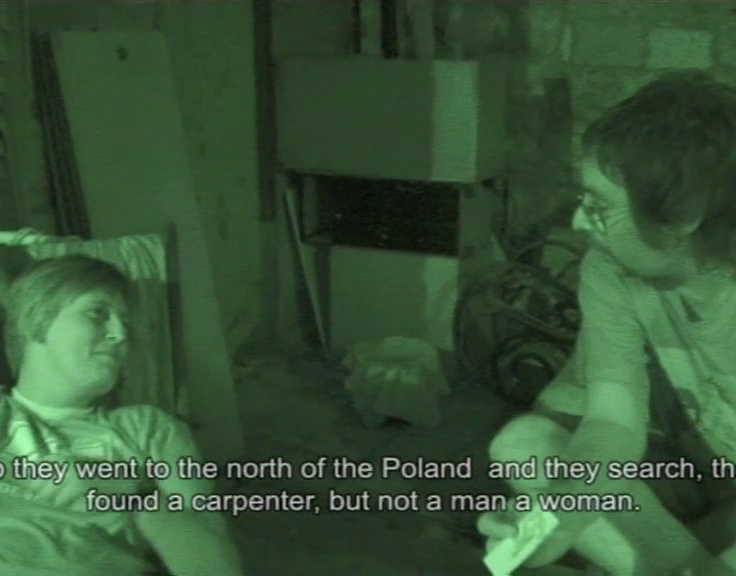
The Messiah is a Polish Carpenter Named Maria (2008)
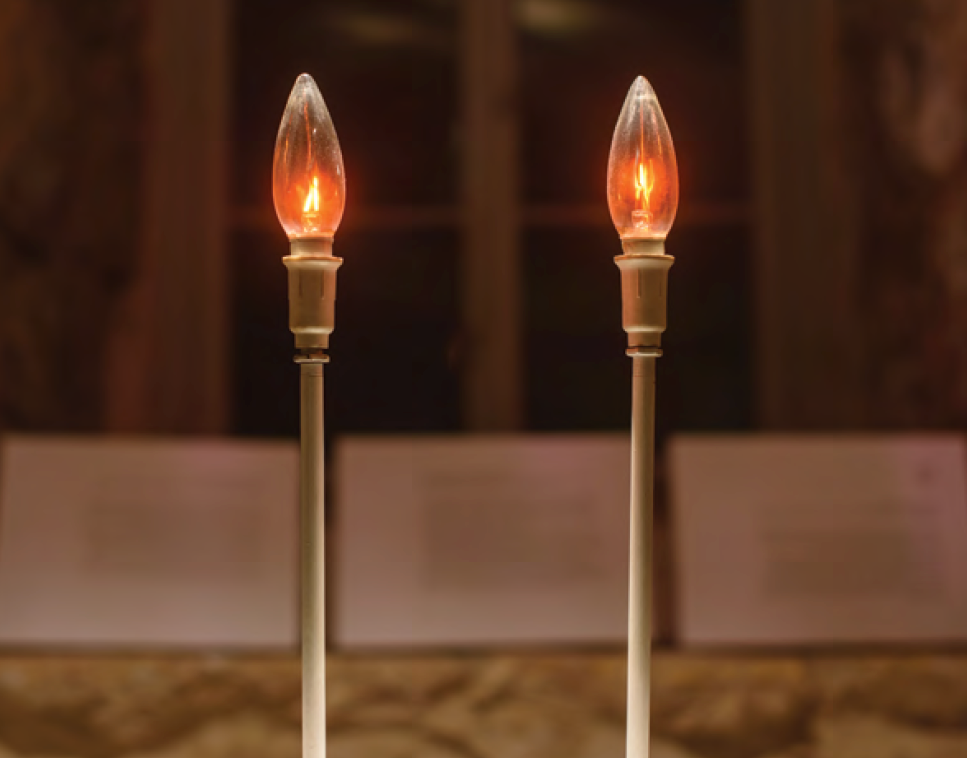
Eternal Shabbes (ritual object) (1999)
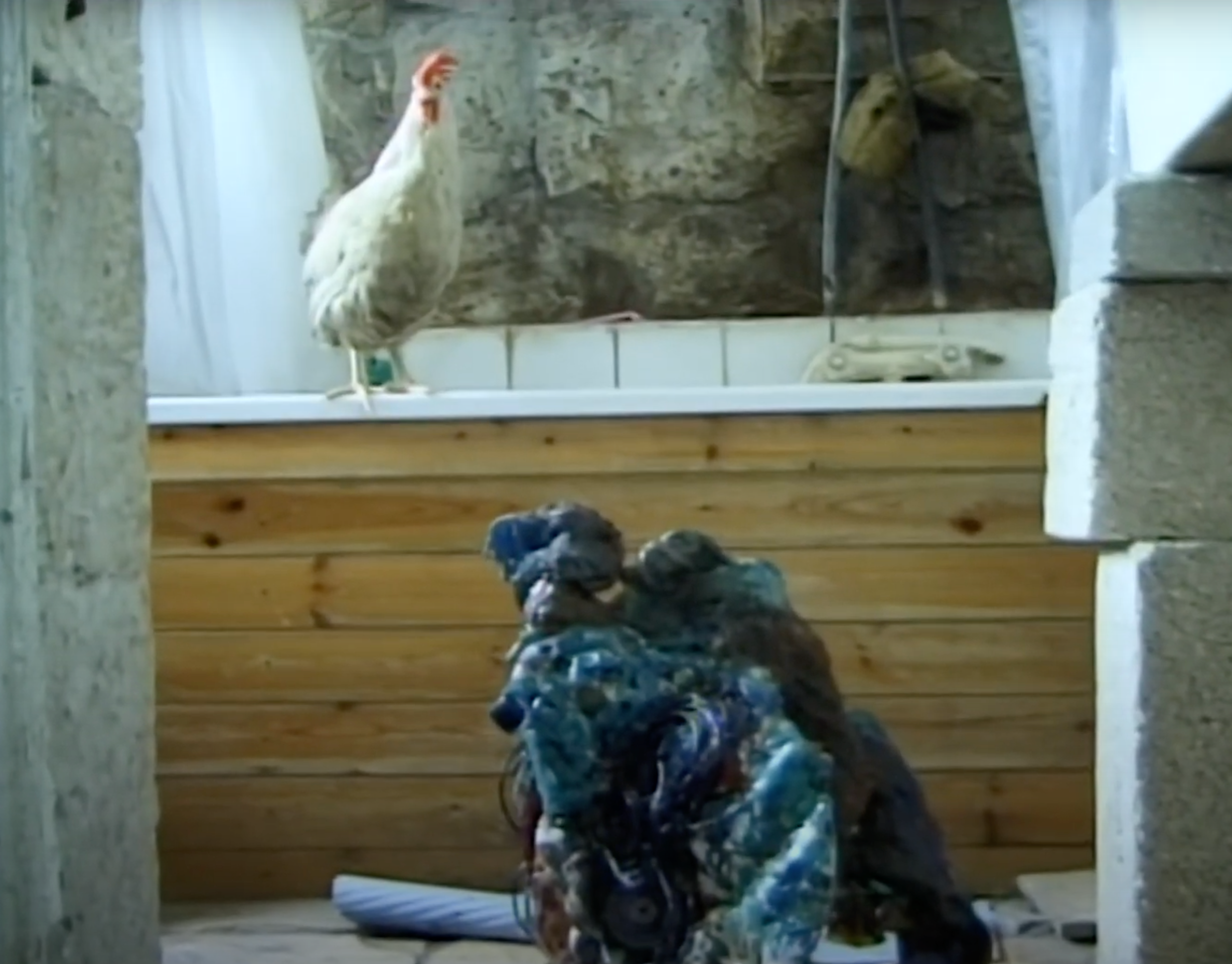
Pulke’s Visit (video documentation, 2004/2020)
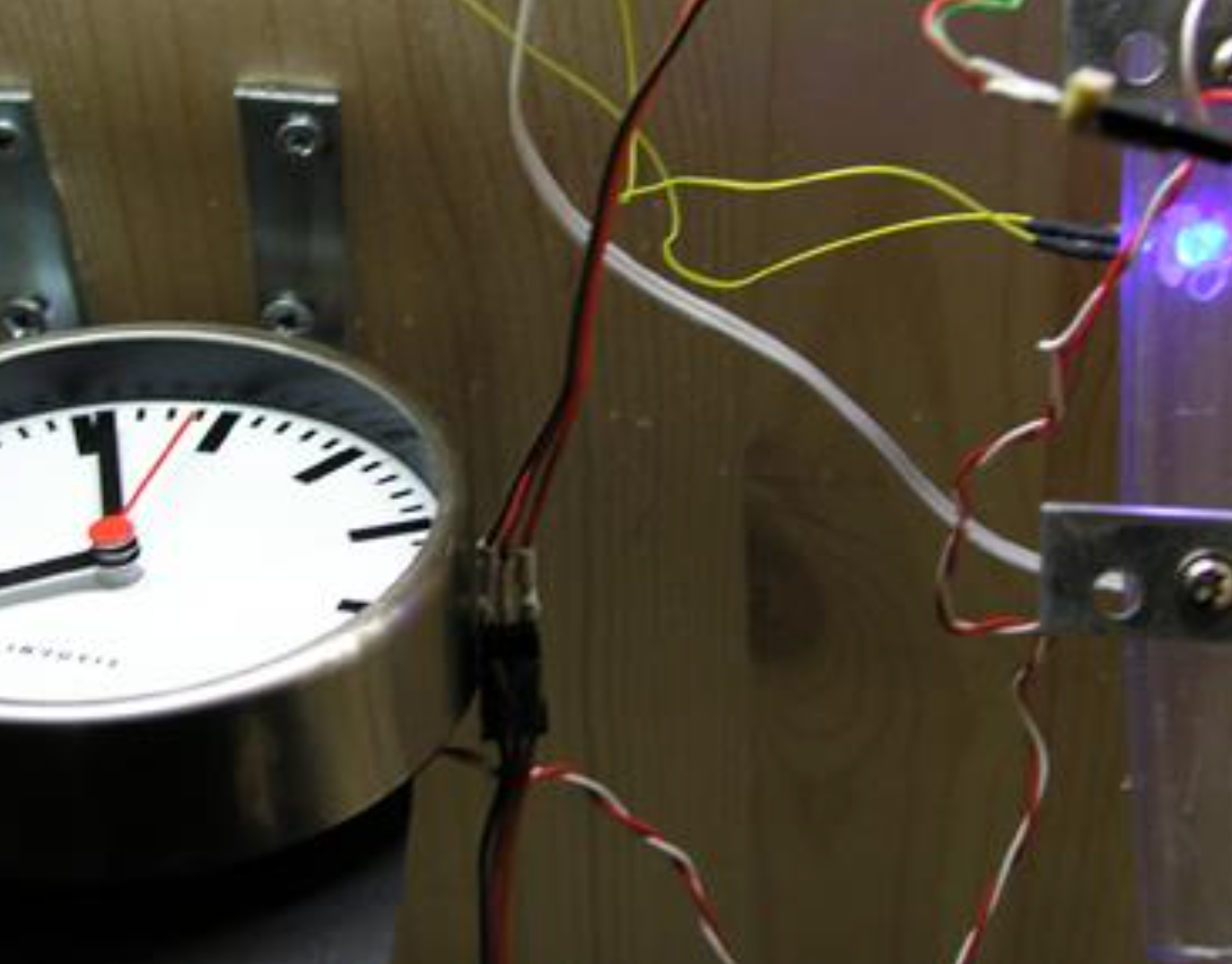
Minute Box Machine (Interactive clock, 2004)
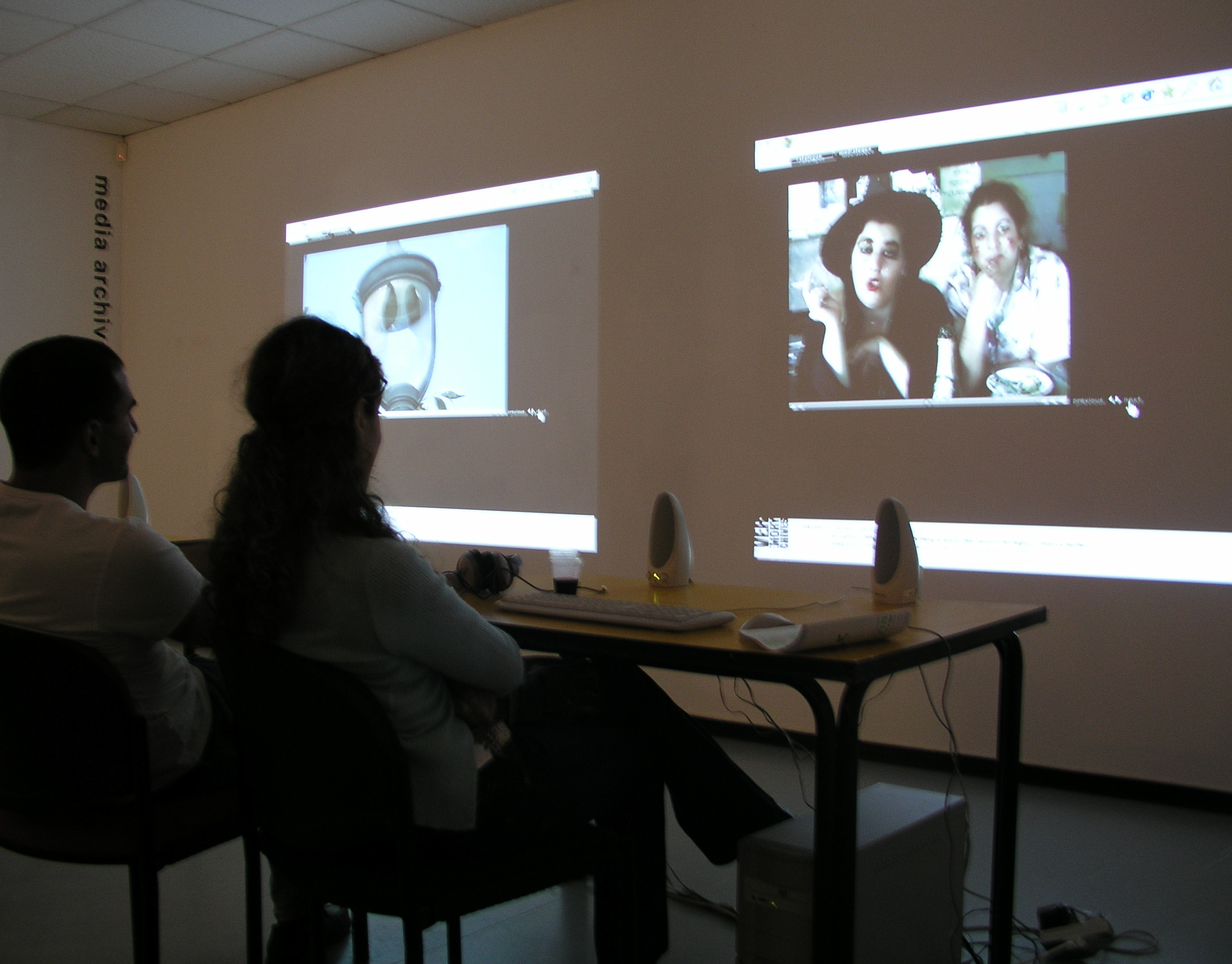
Urban Overmemory Archives 2 (Archive, 2004)
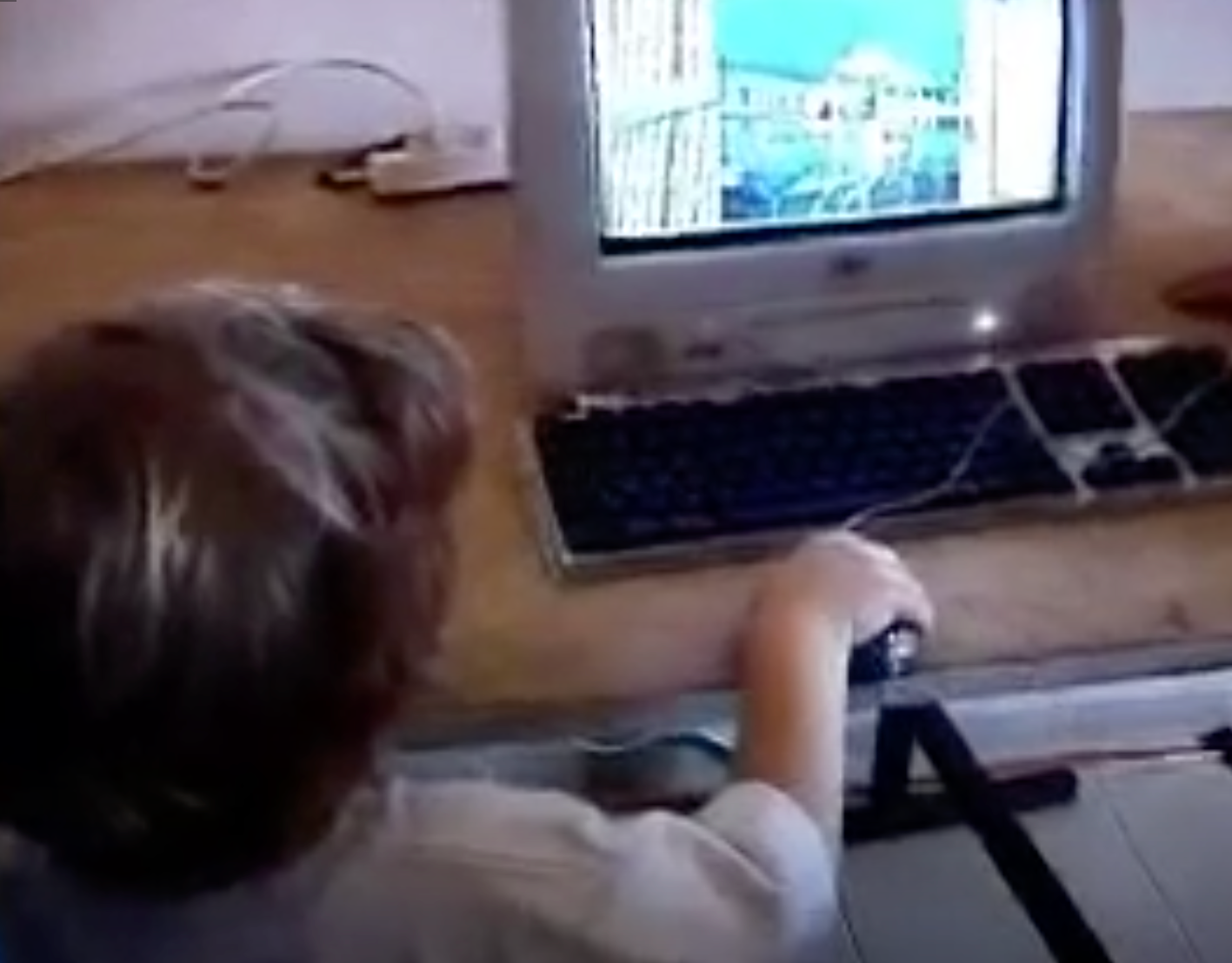
Over Memory- Jaffa (archive, 2004)
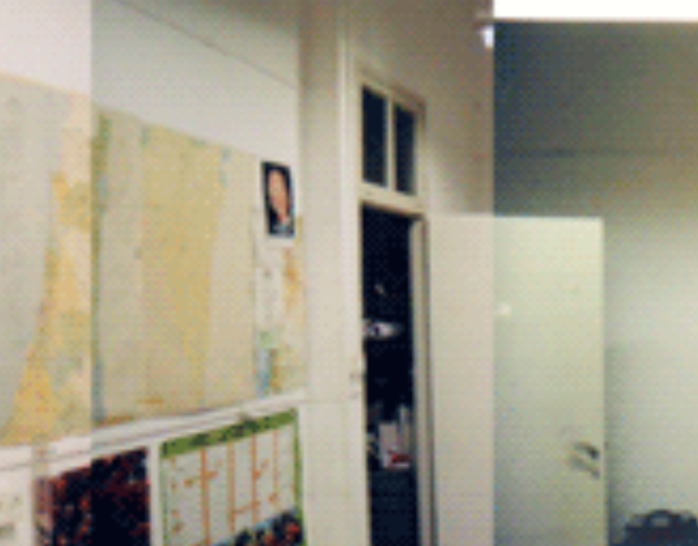
Stretching the Memorial (fax installation, 2004)
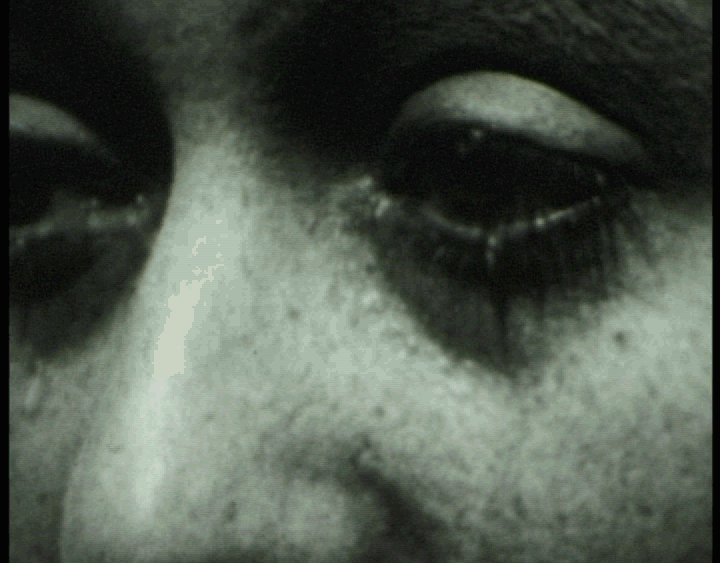
To Live her Life (video, 2002)
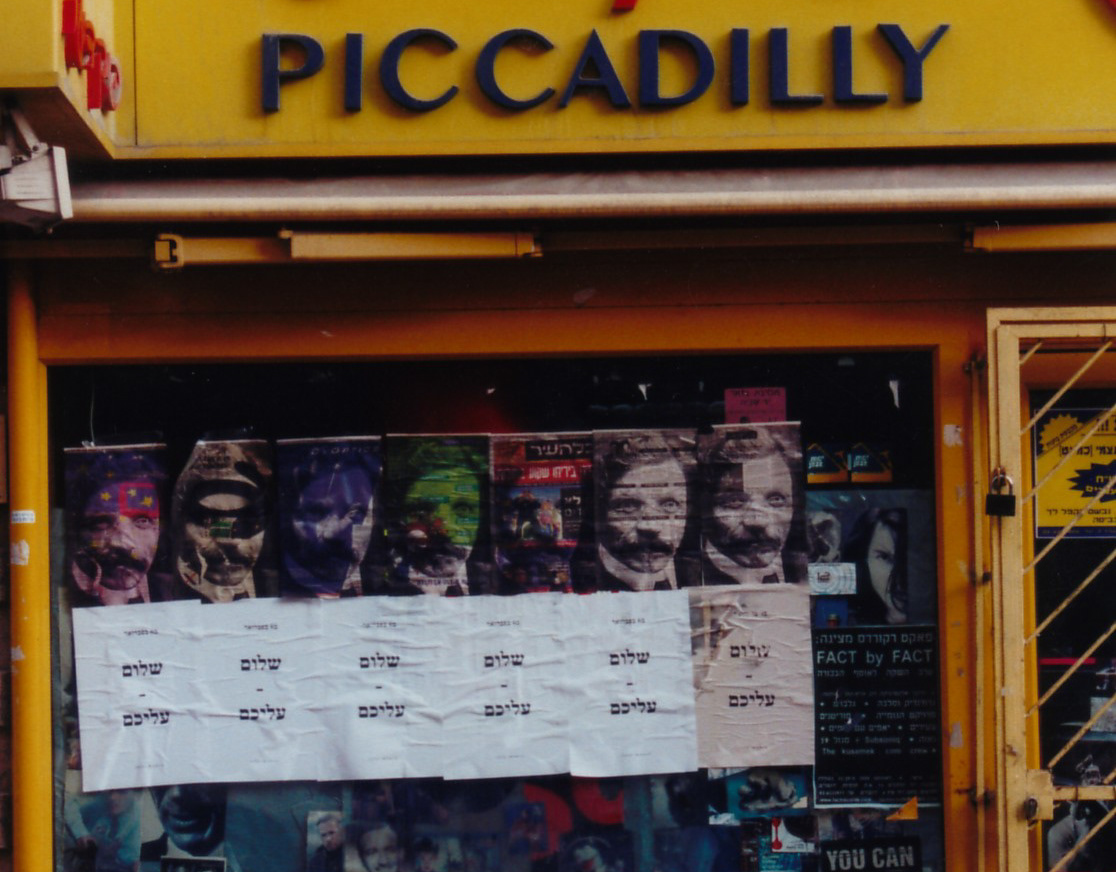
Elections Campaign (urban intervention, 2002)
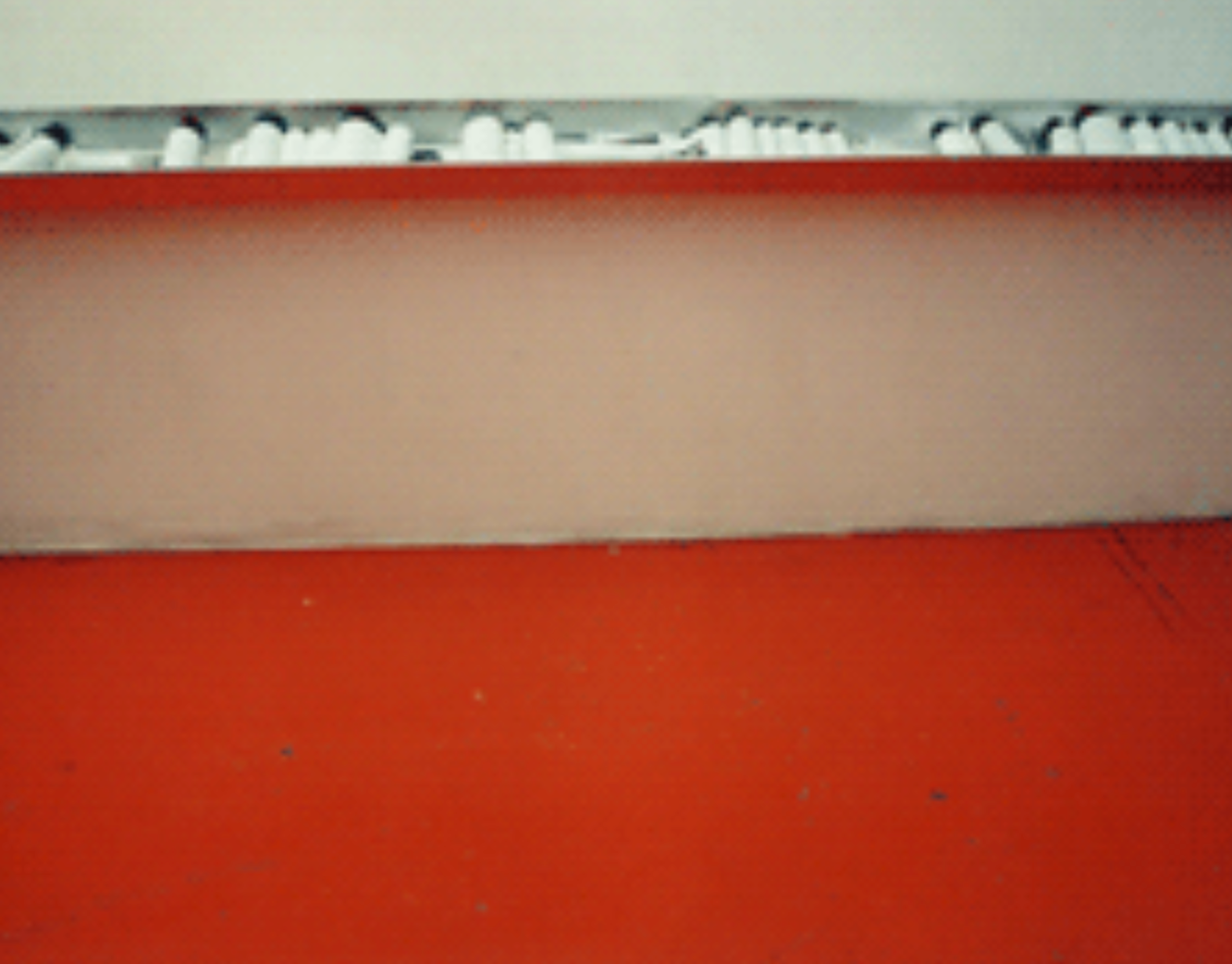
Ephemeral Works (fax works, installation, 2002)